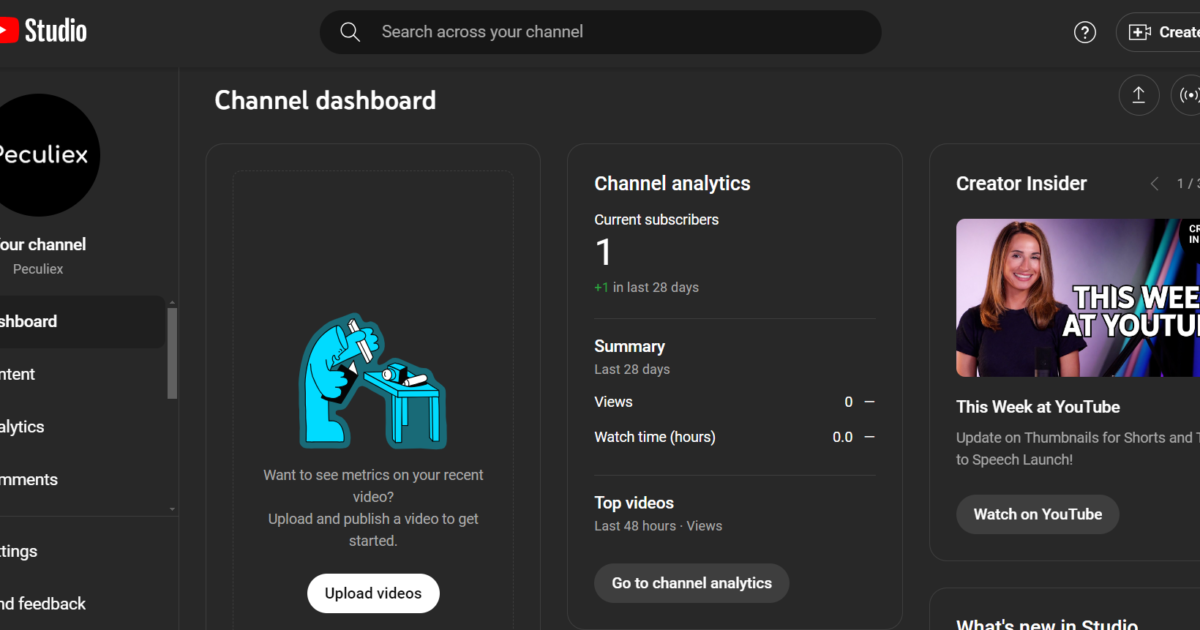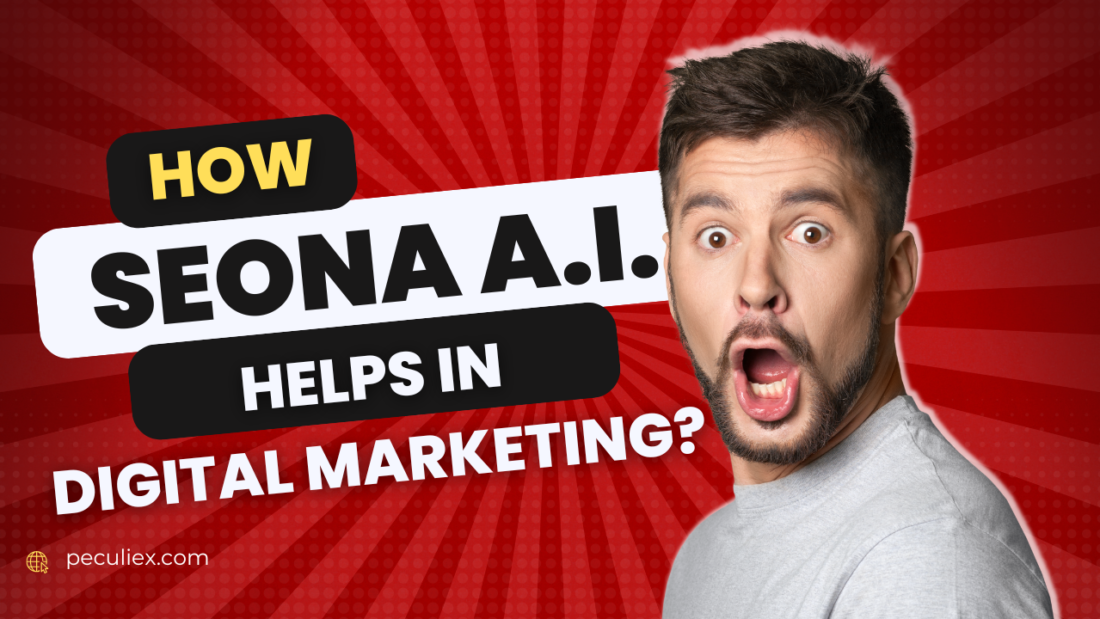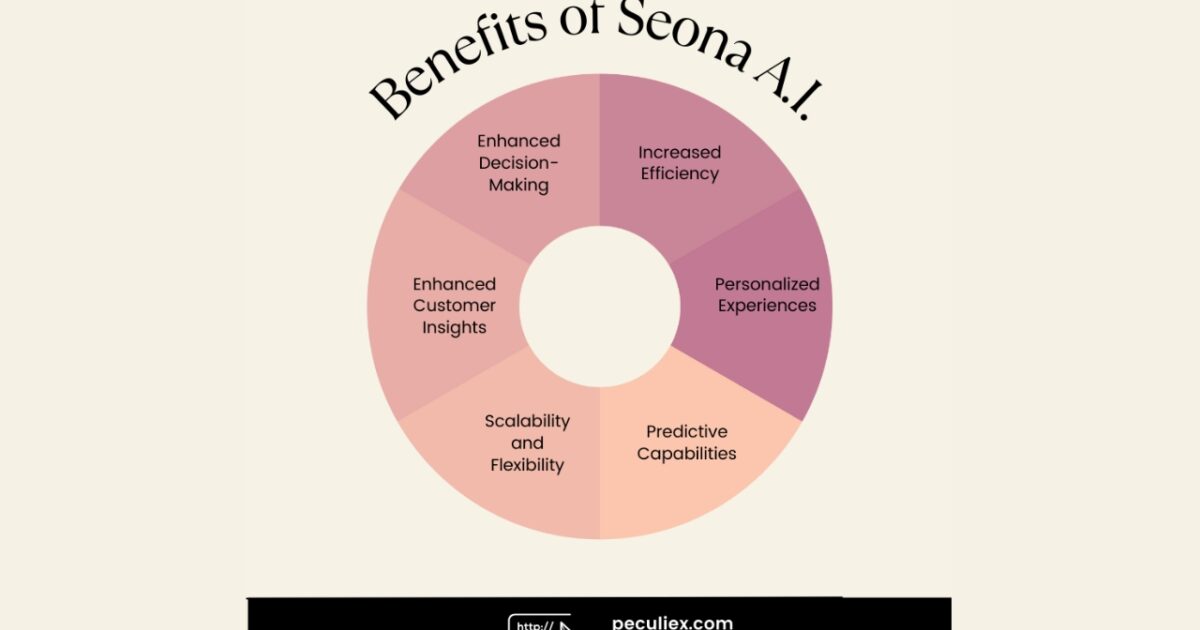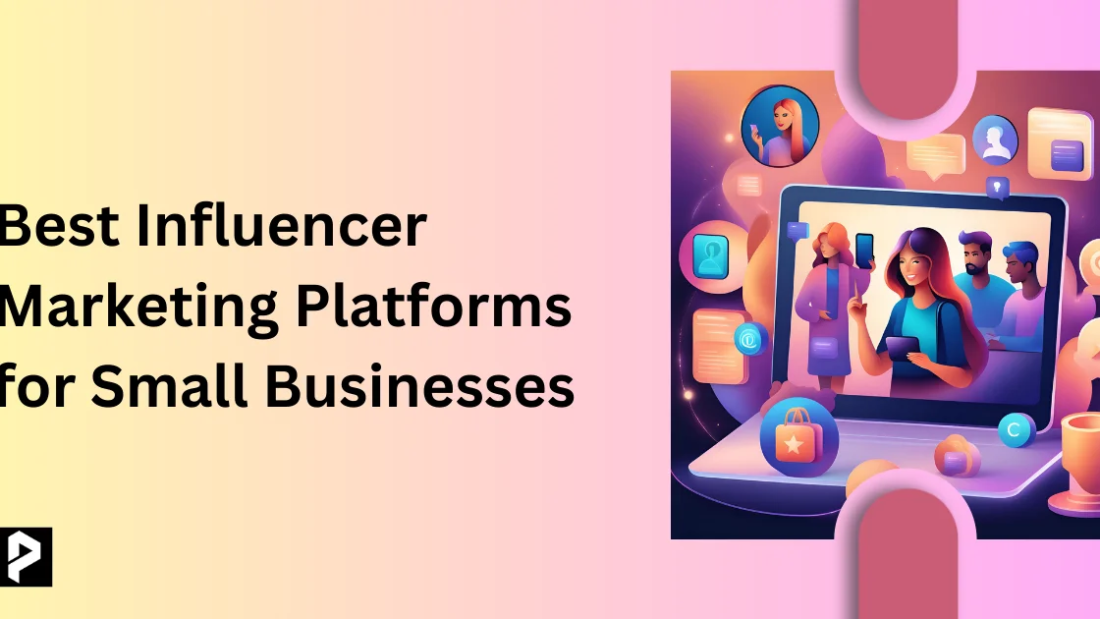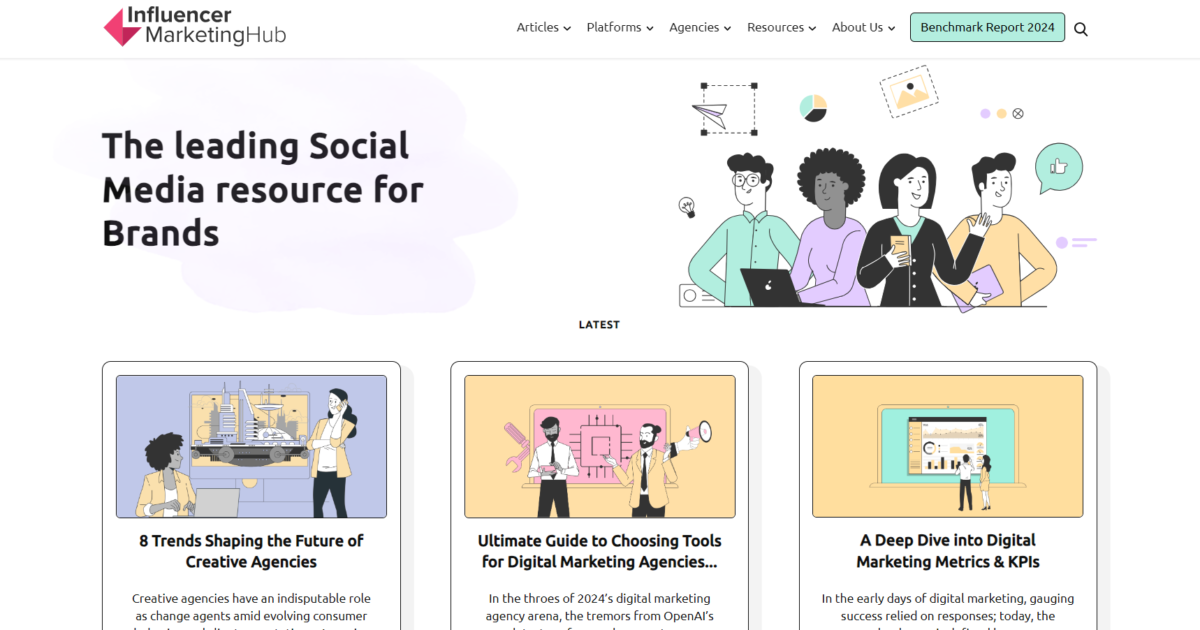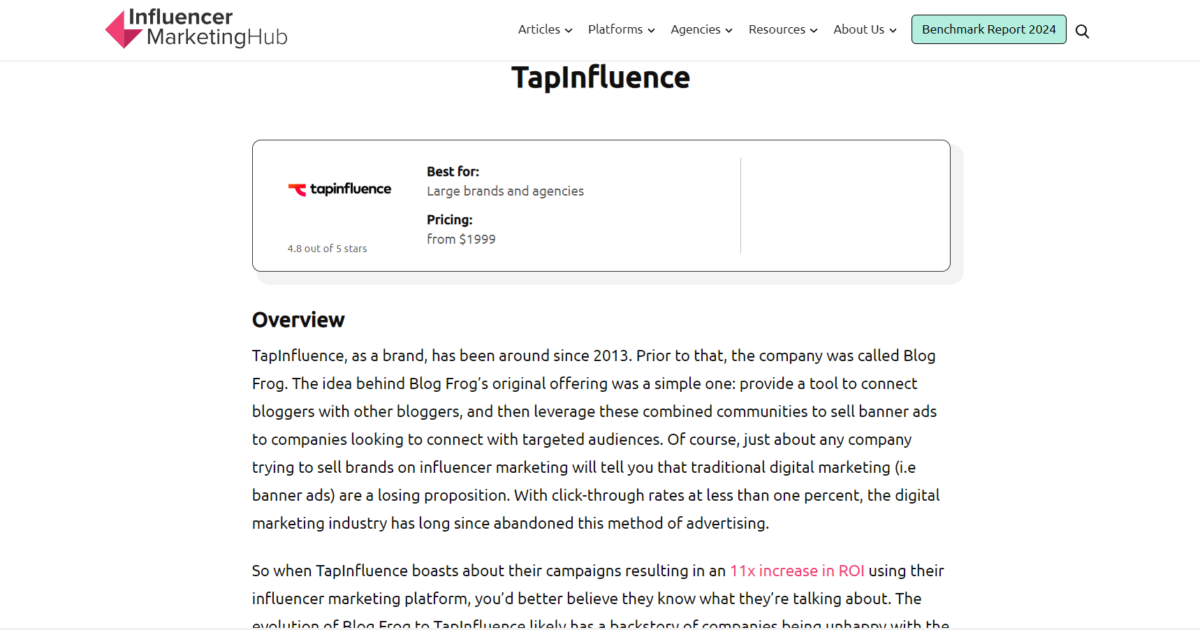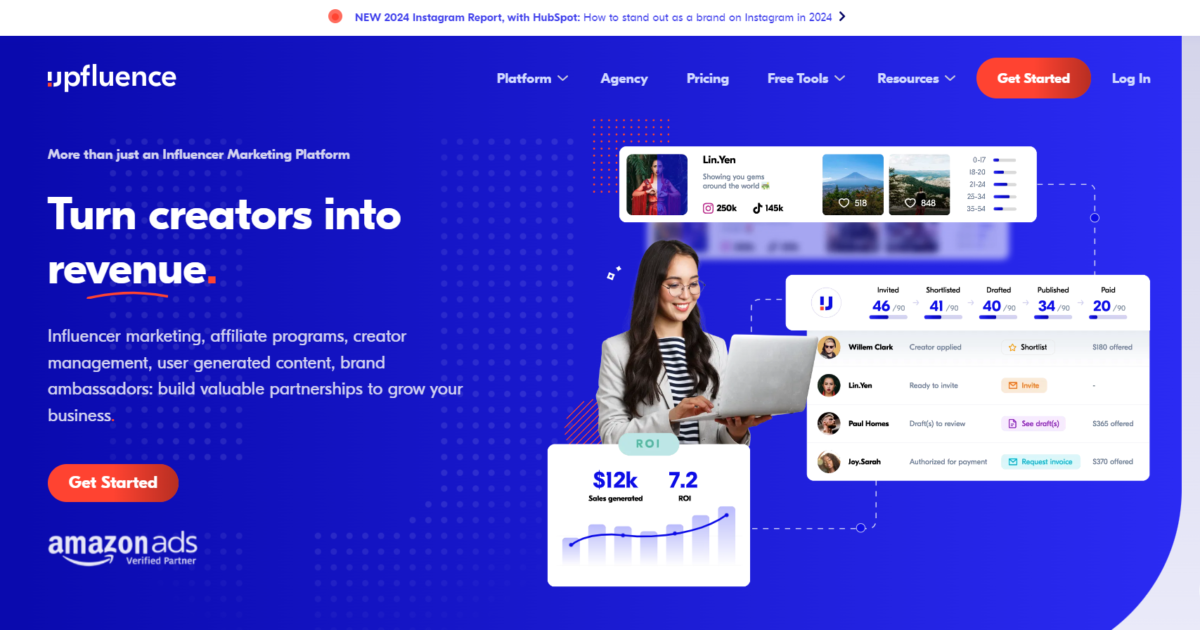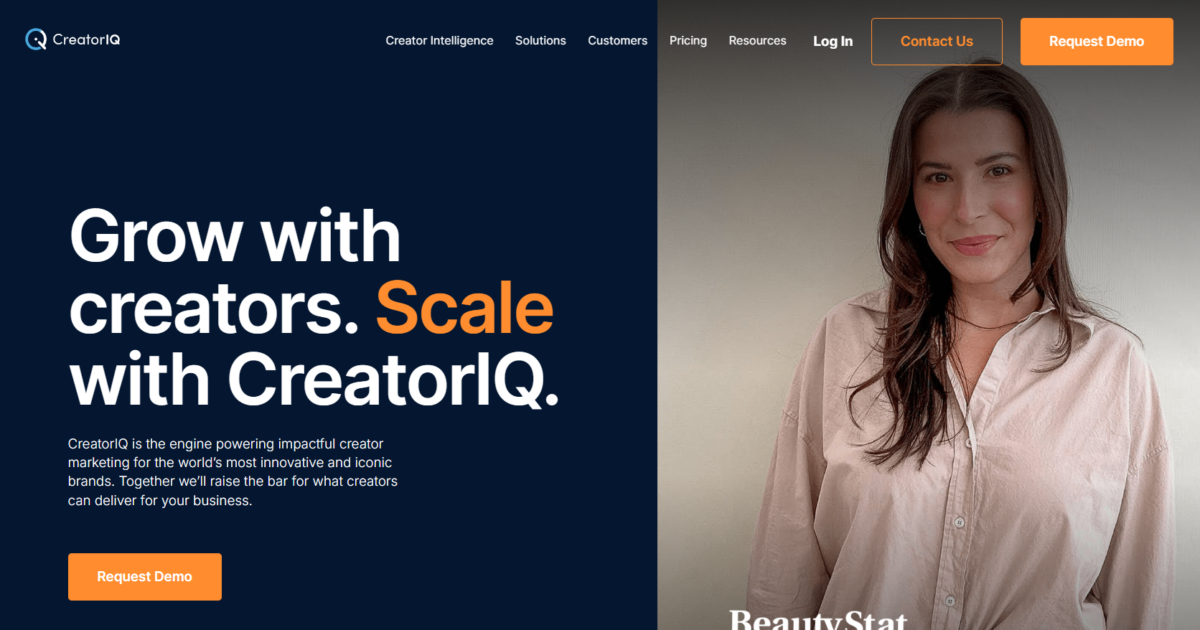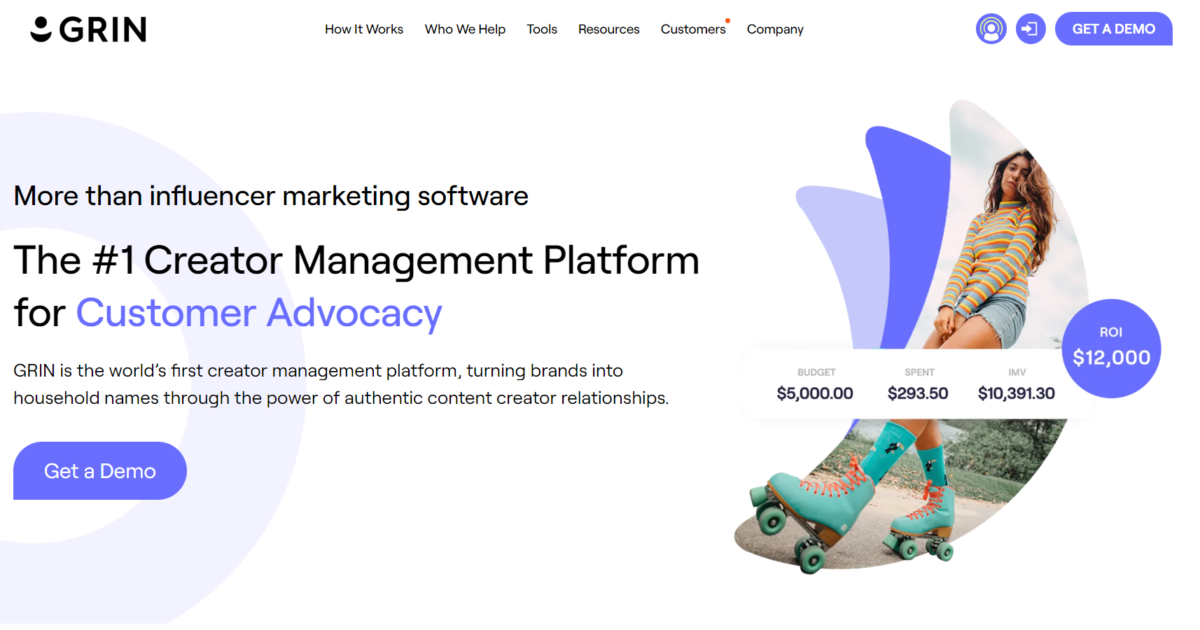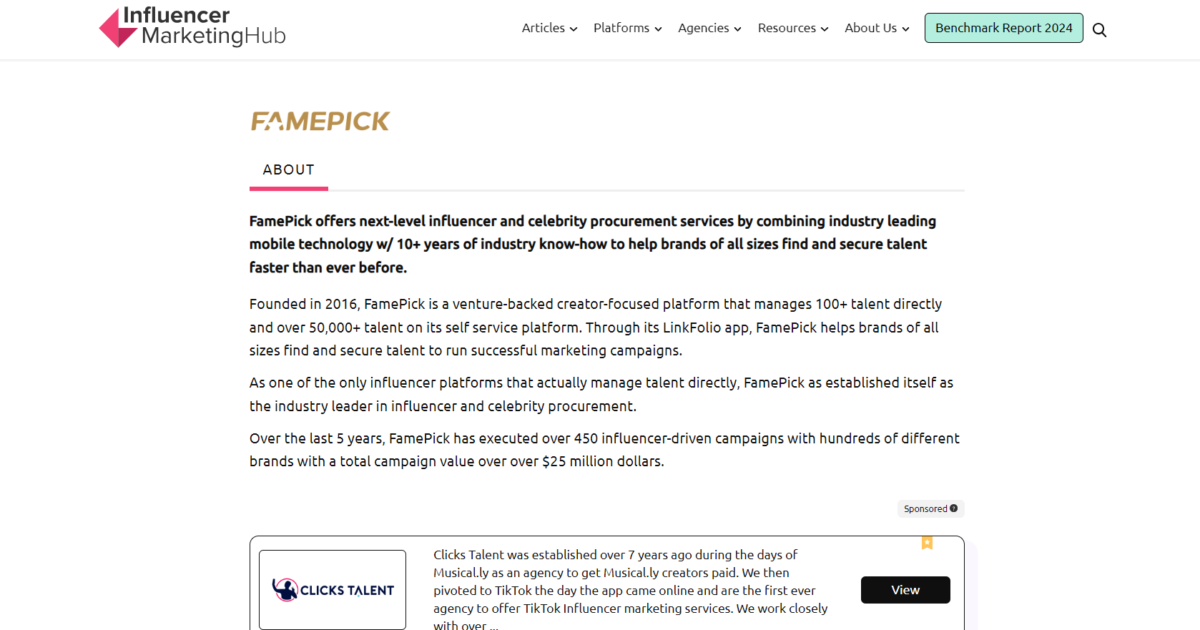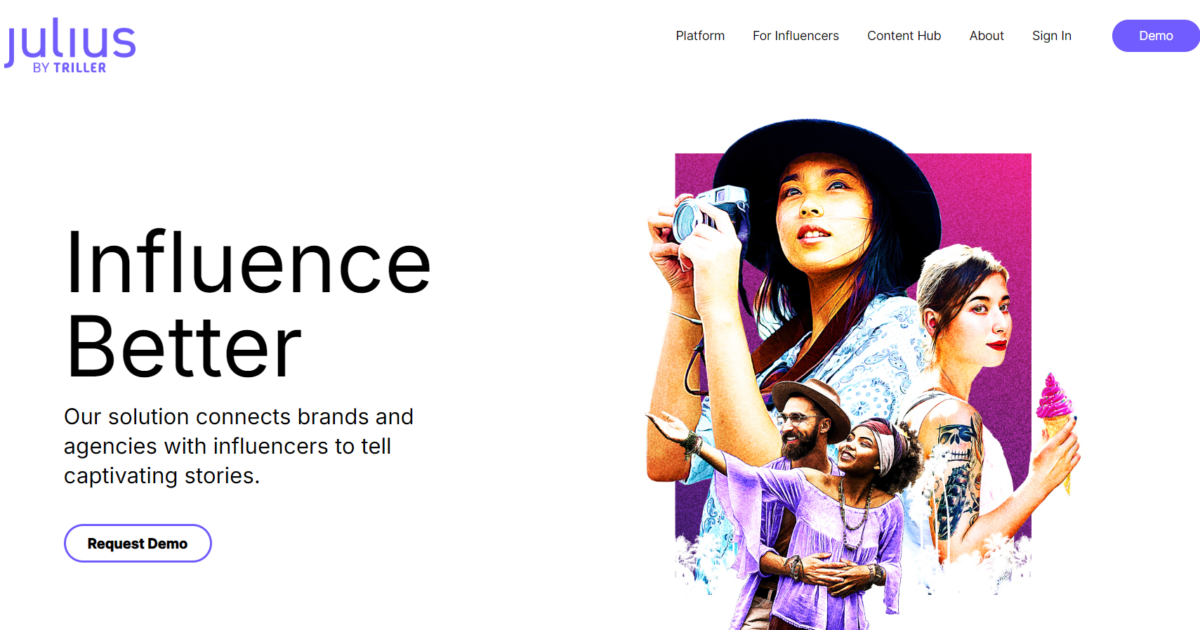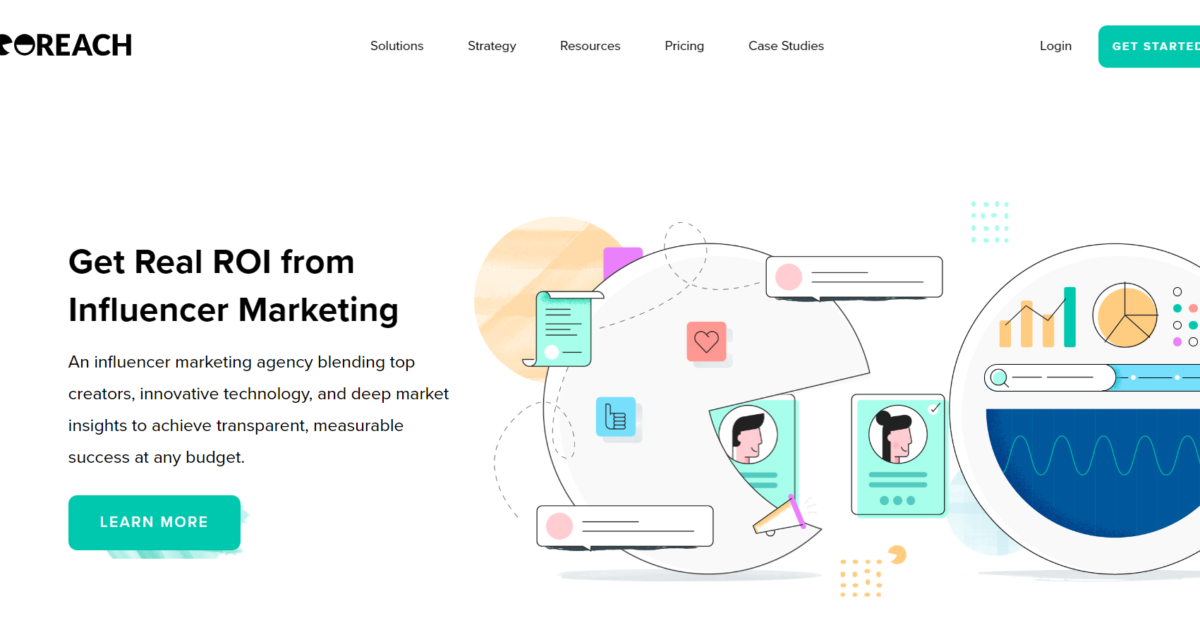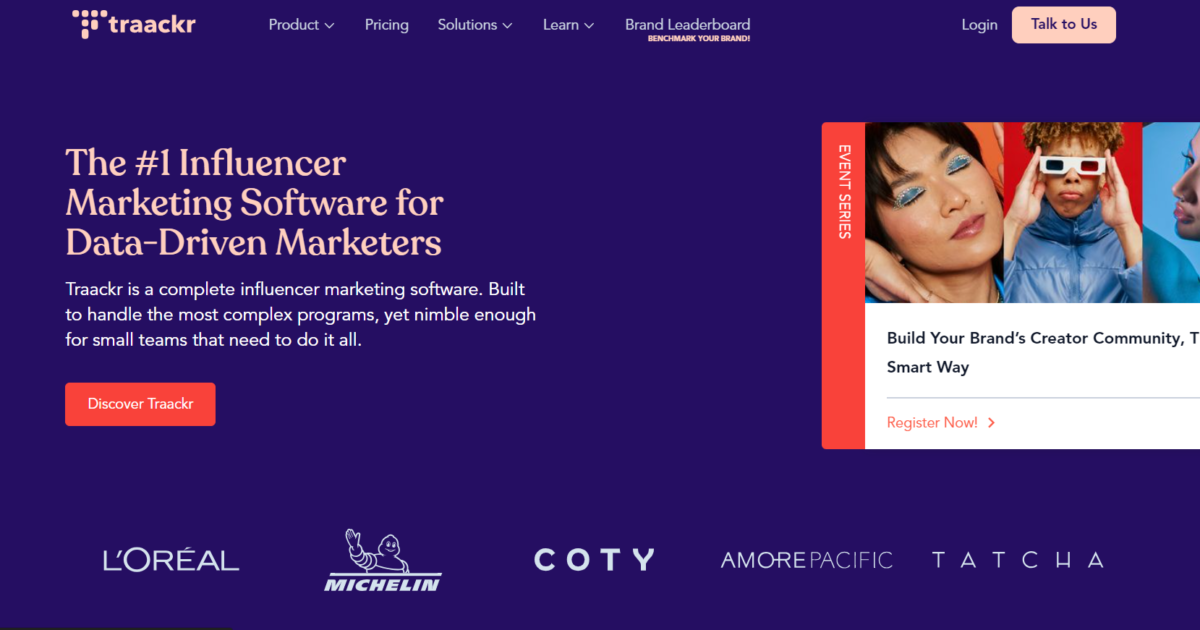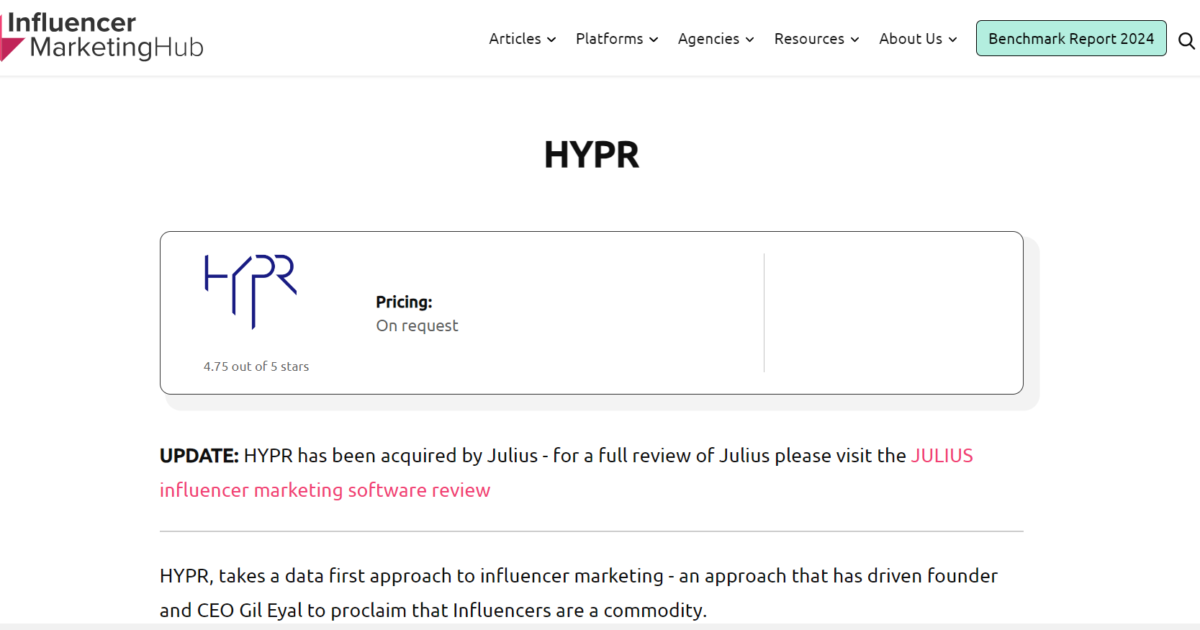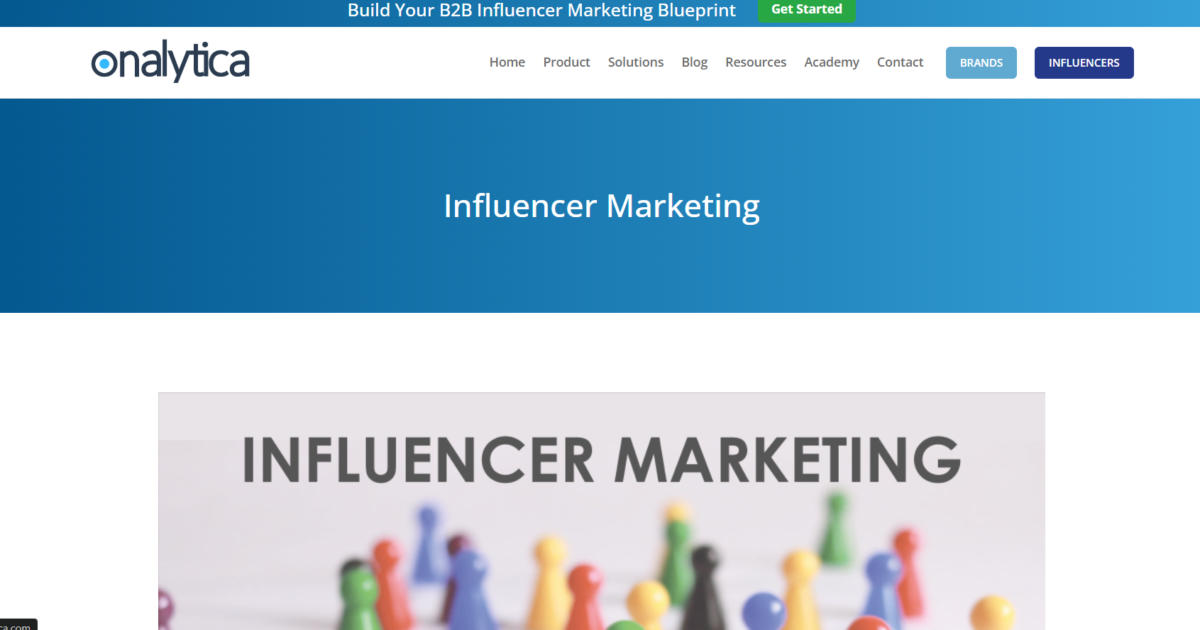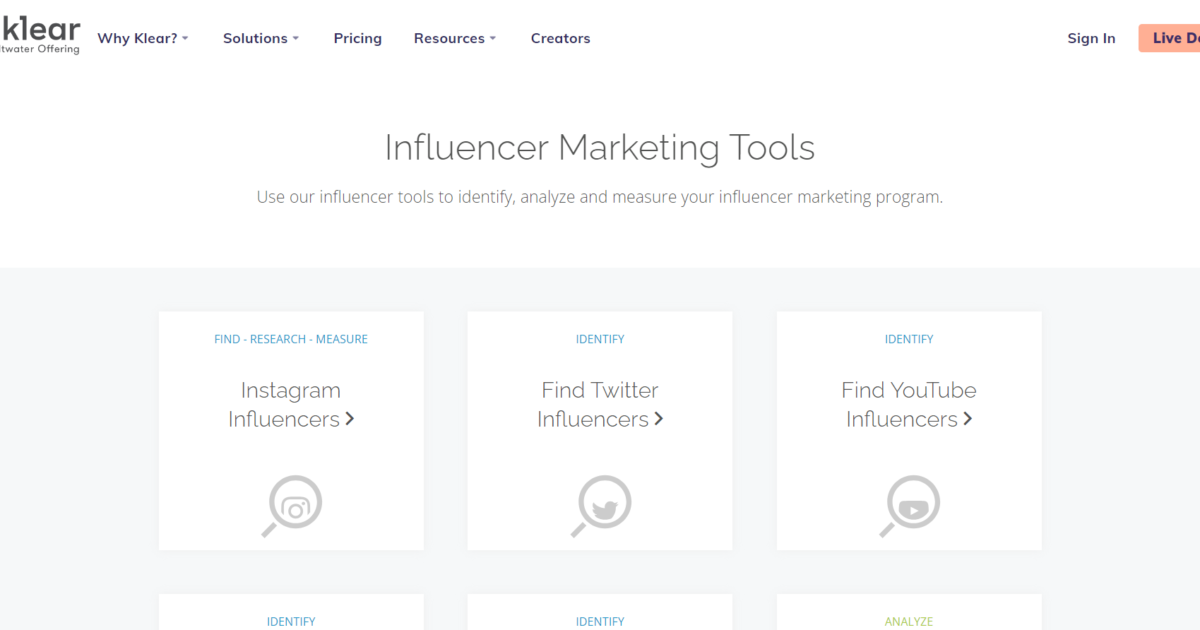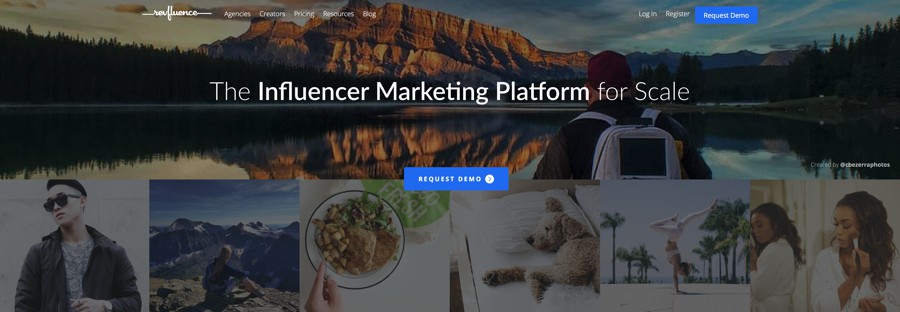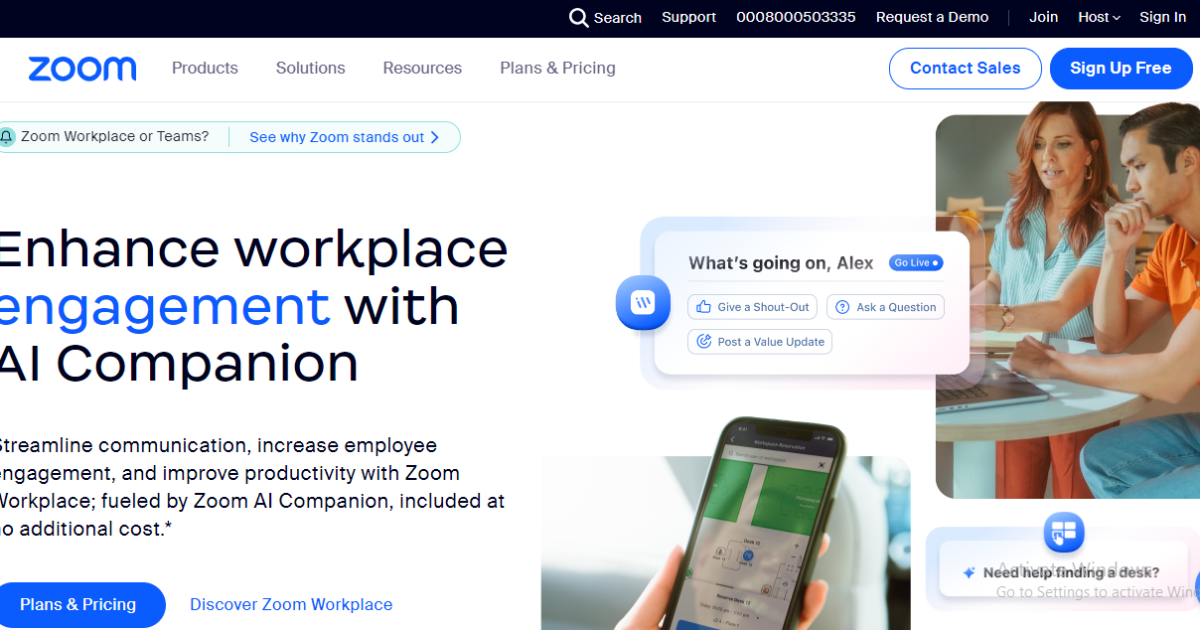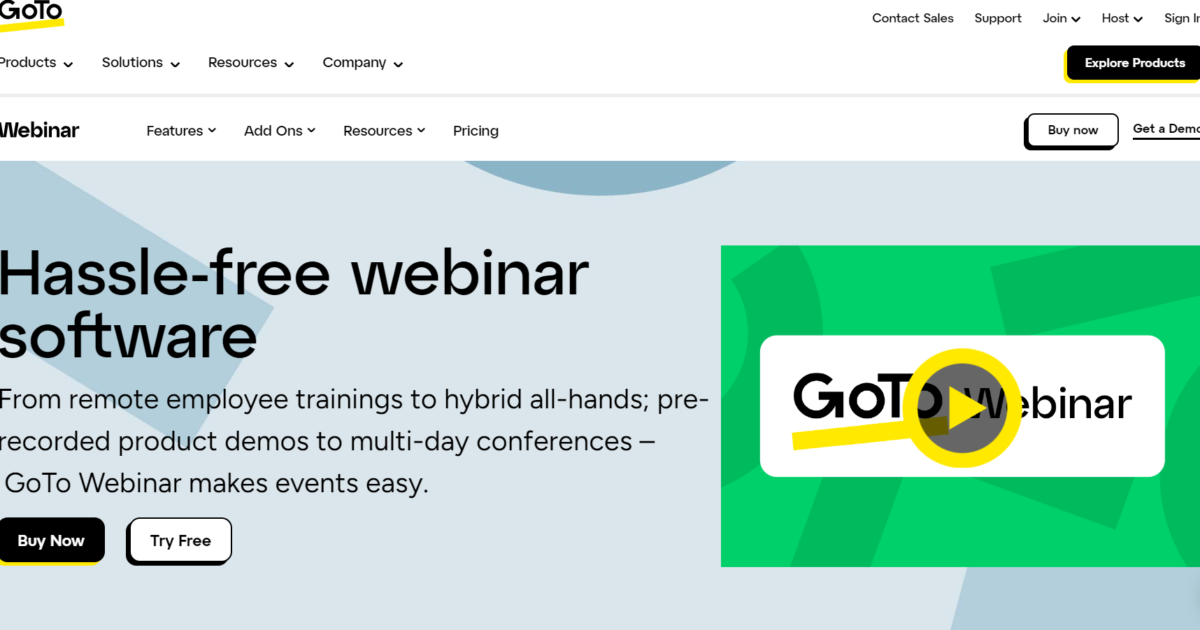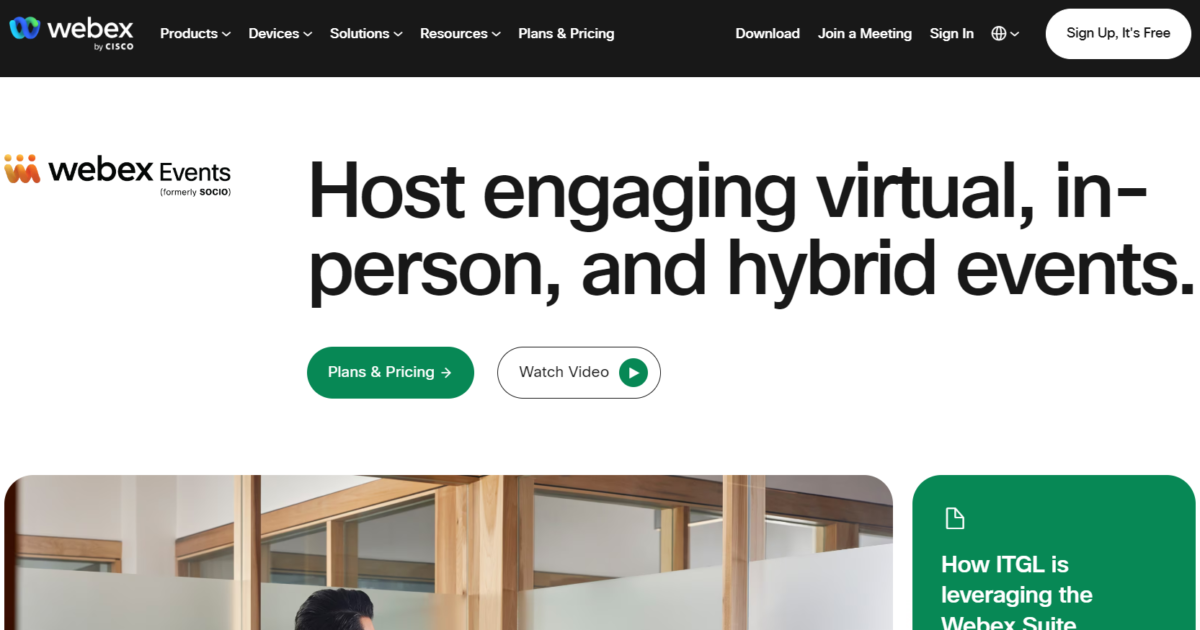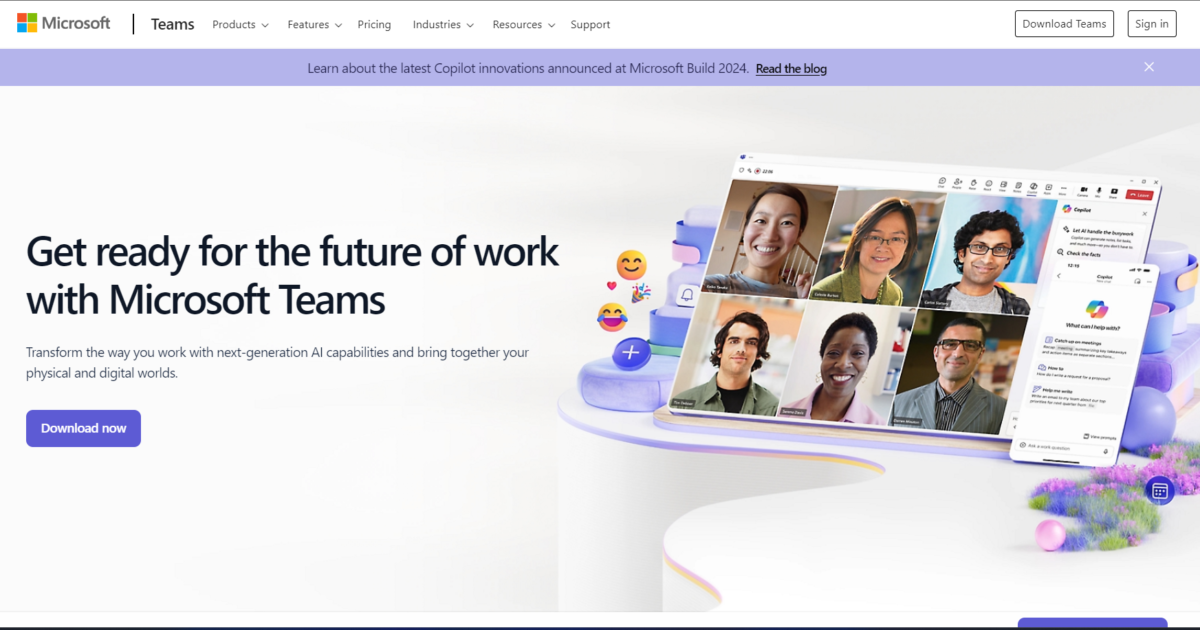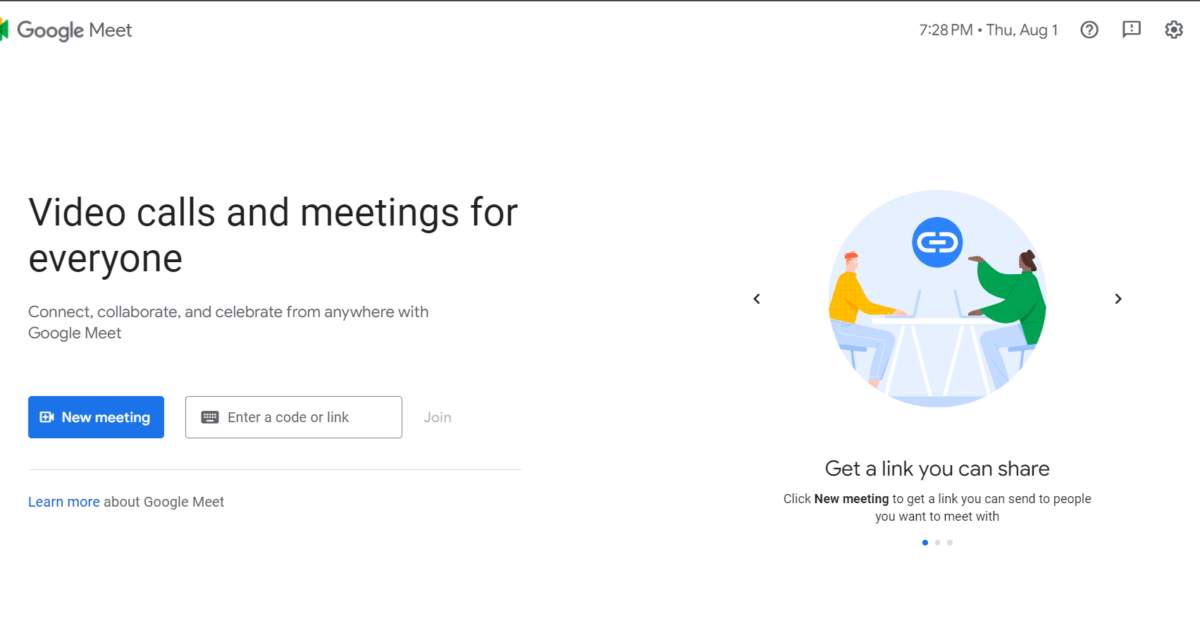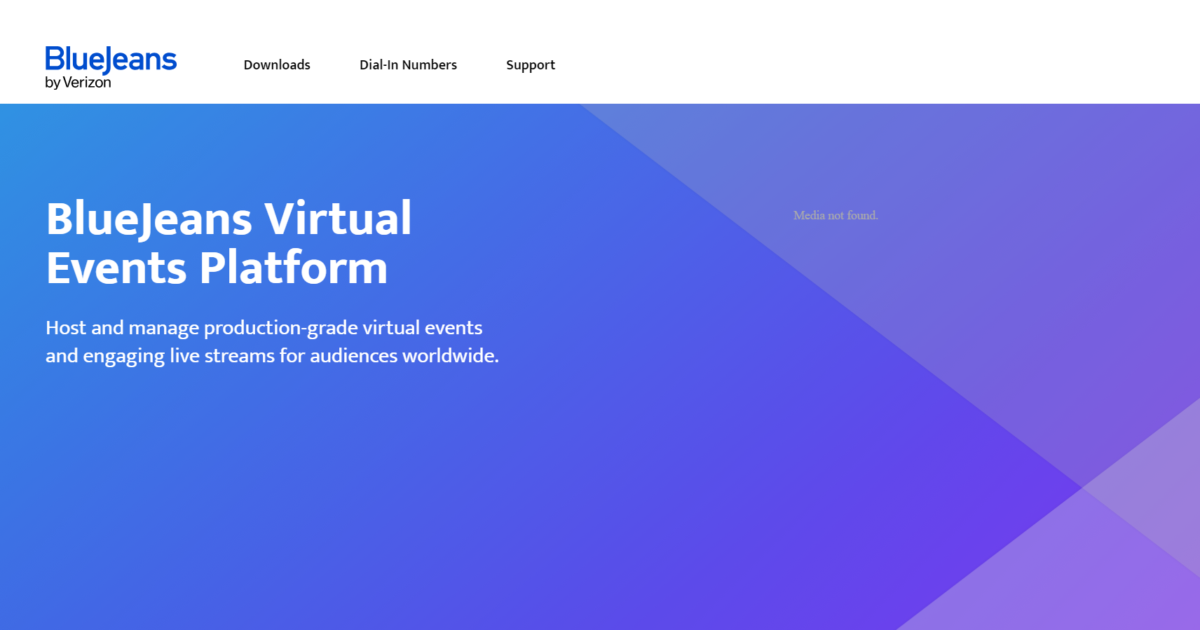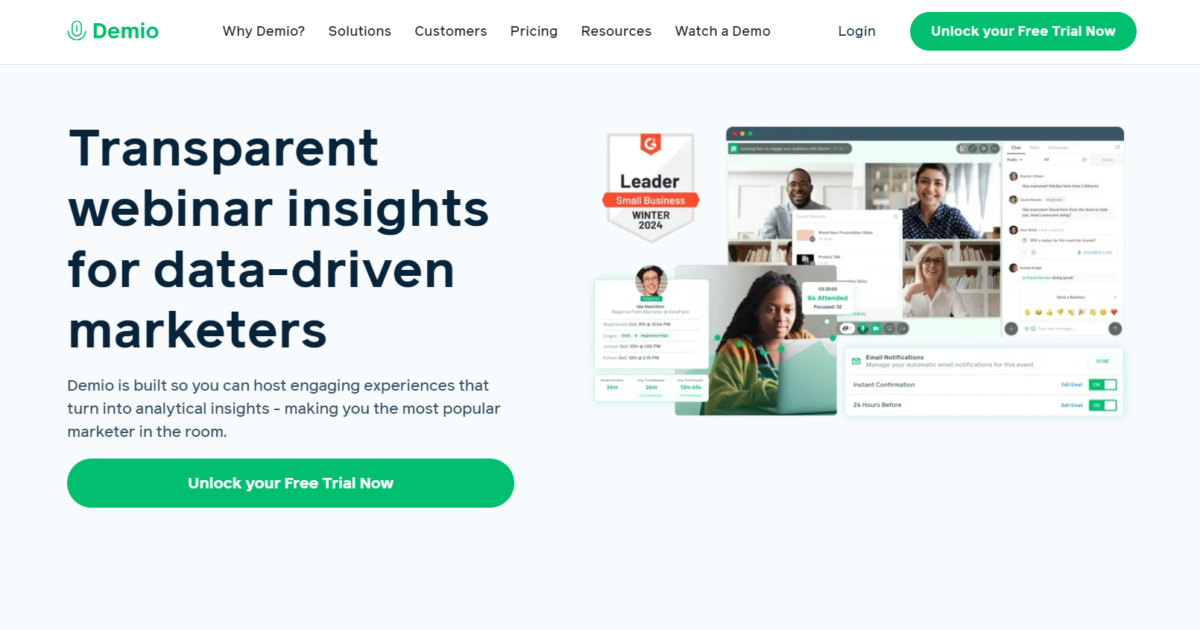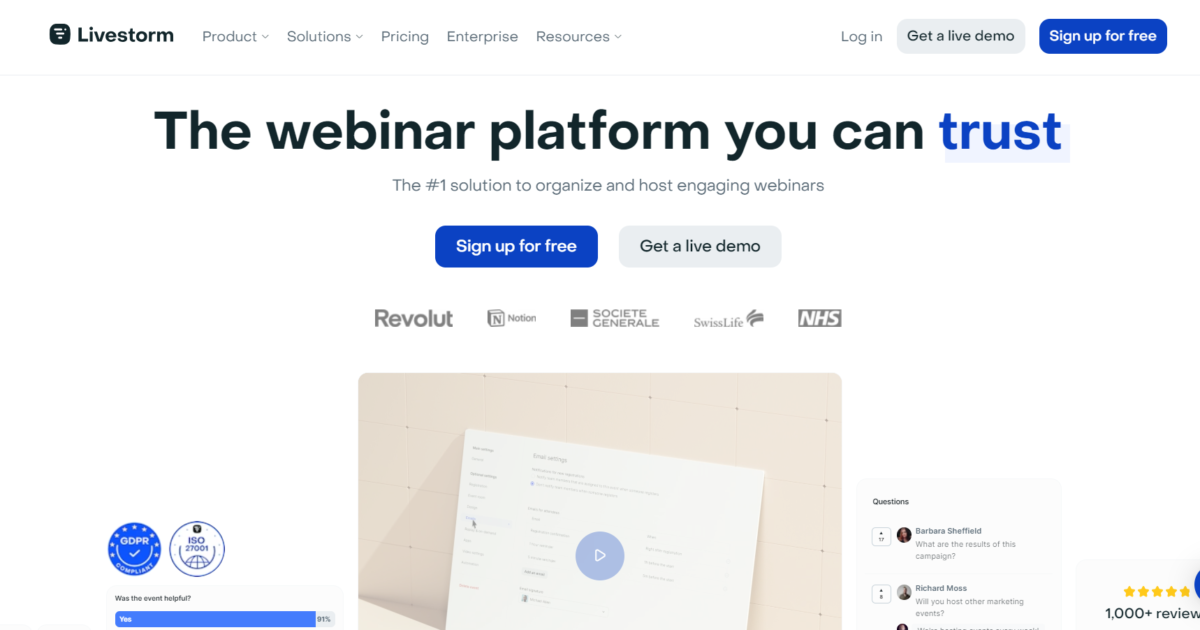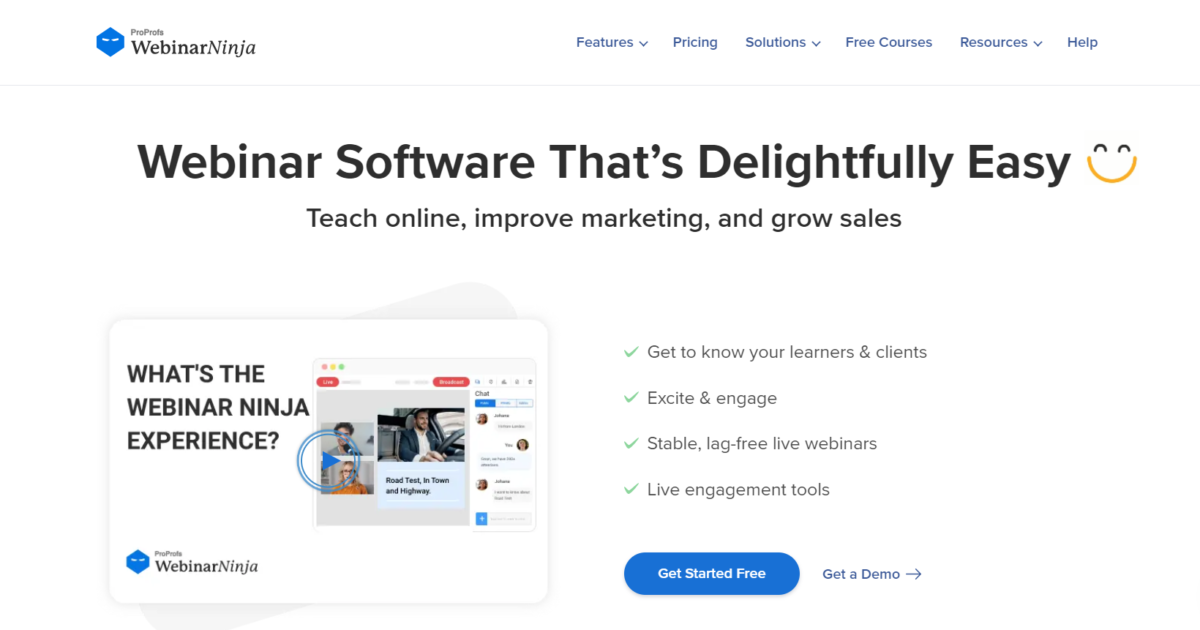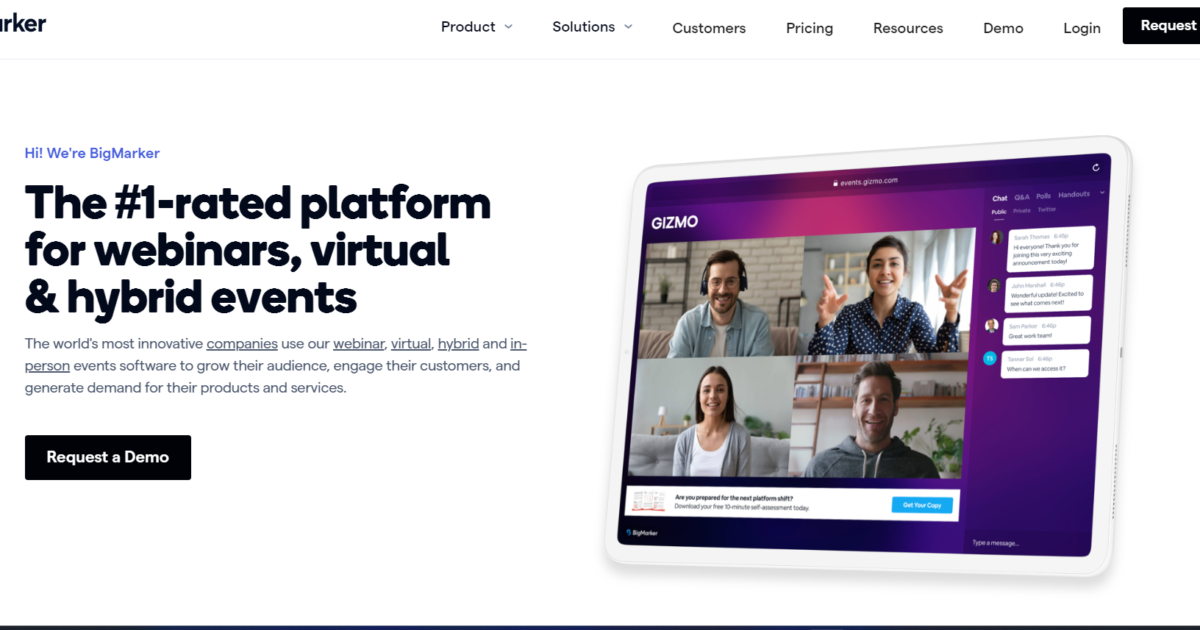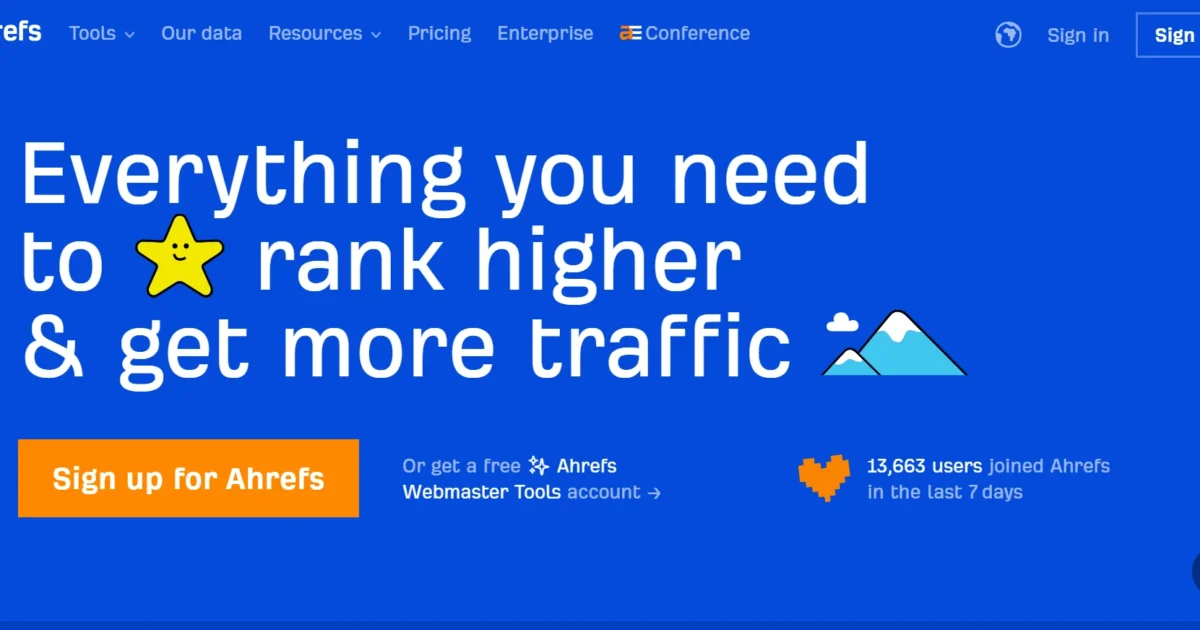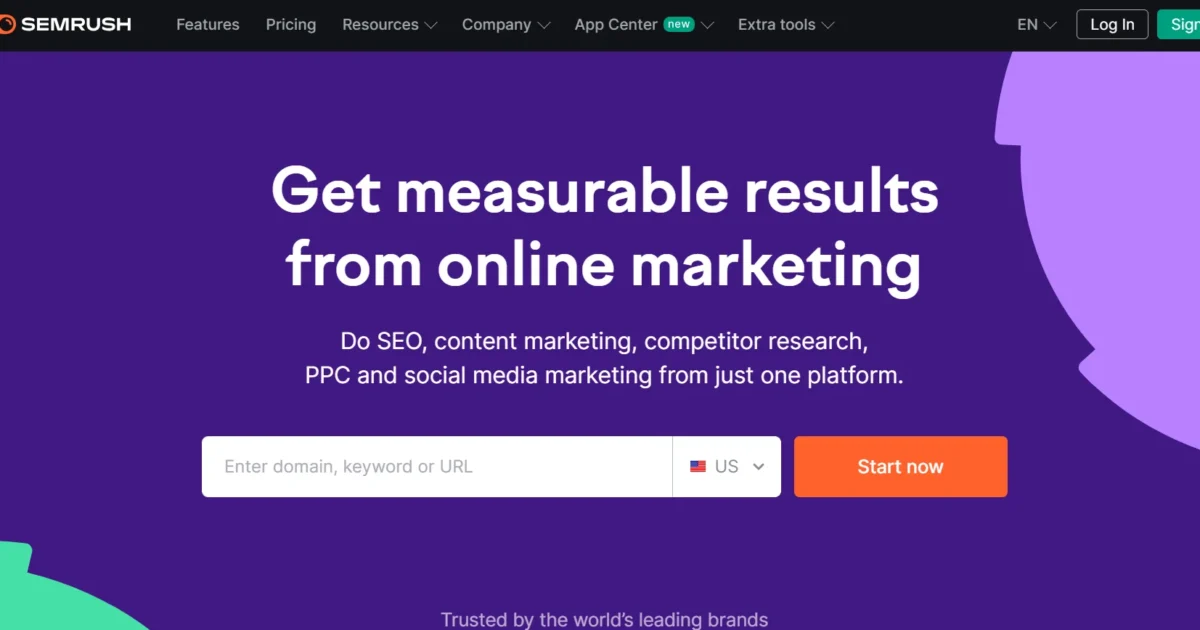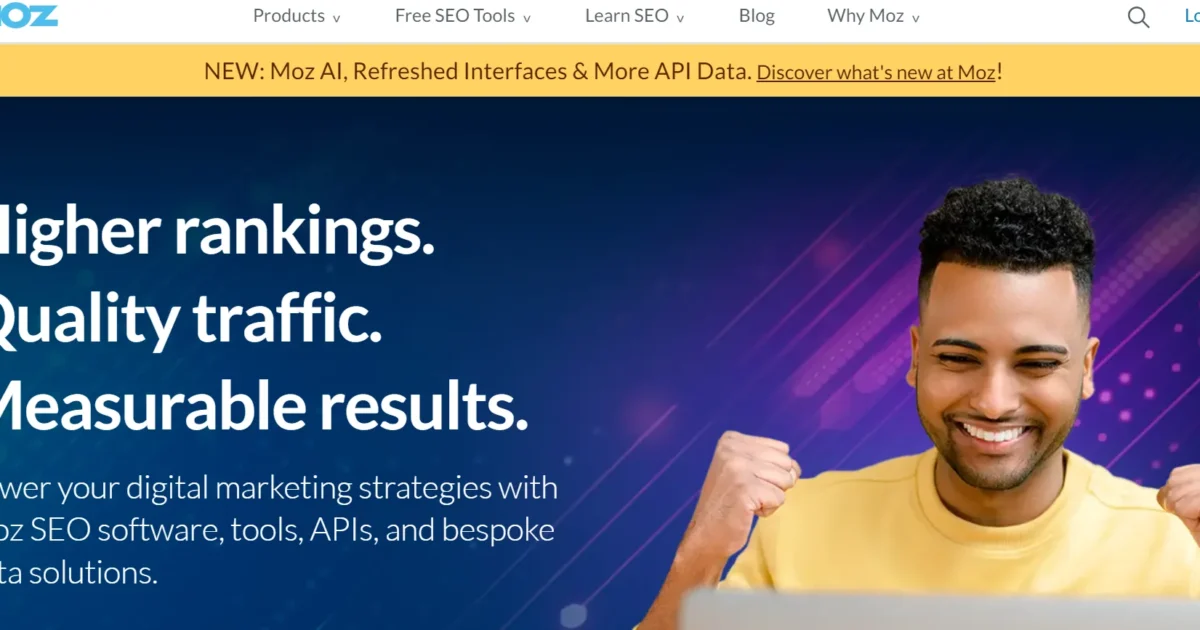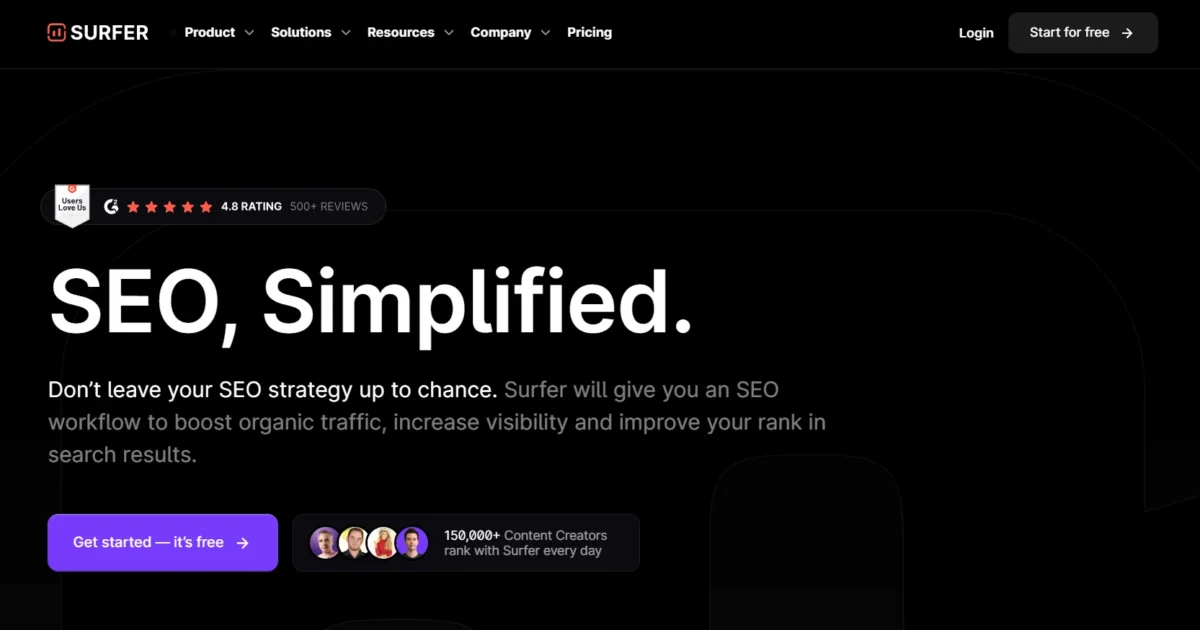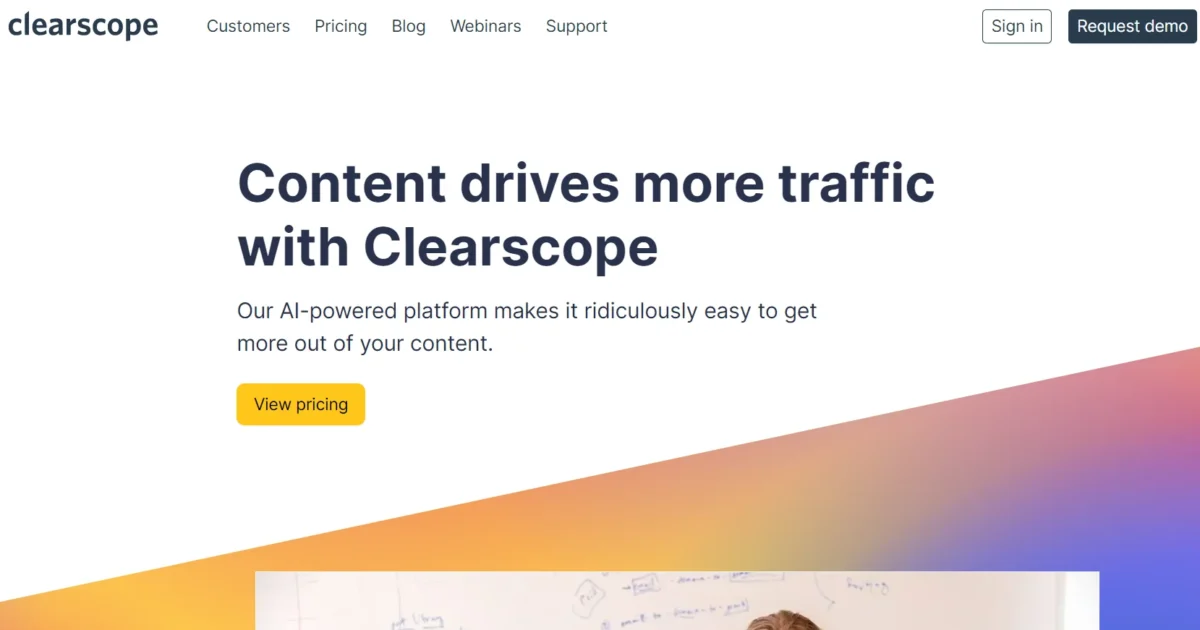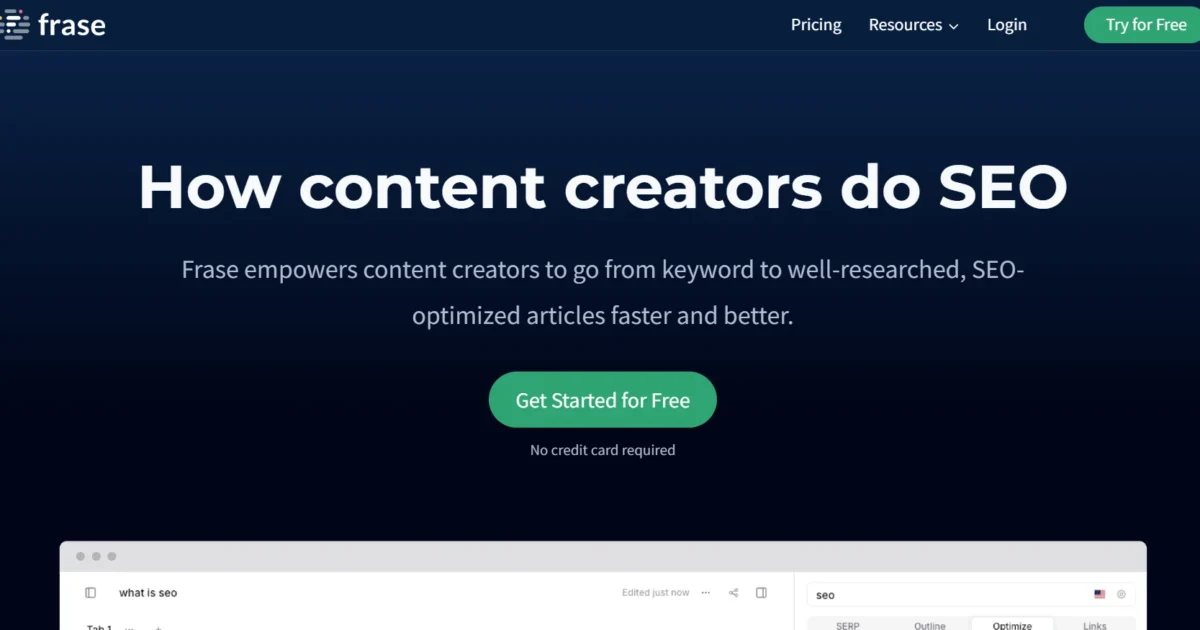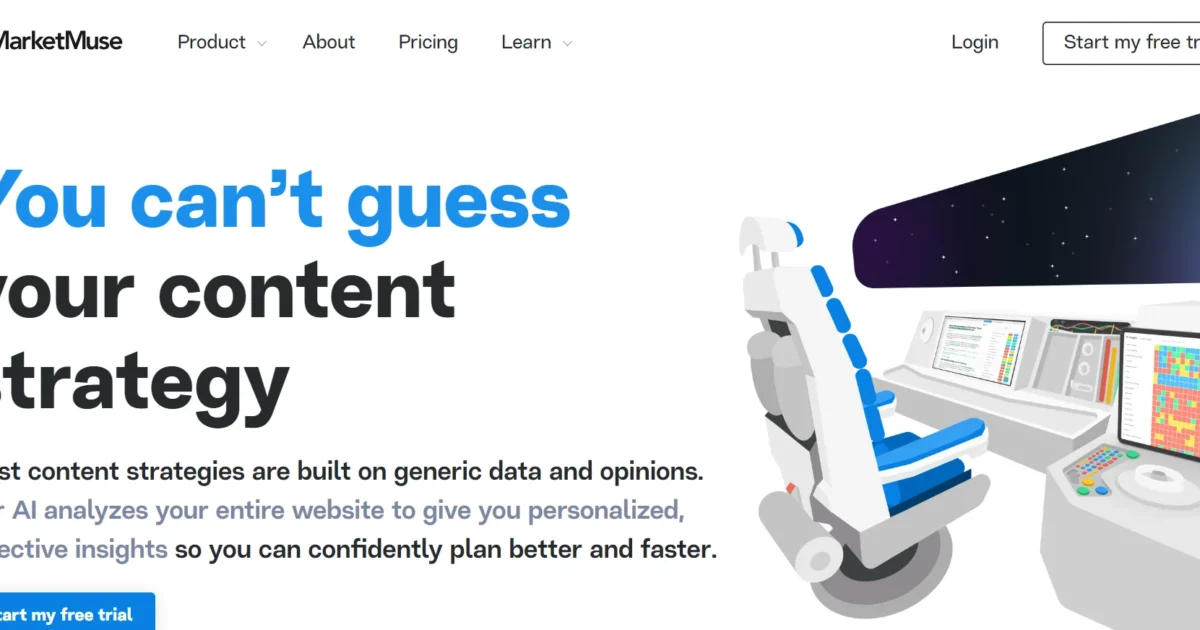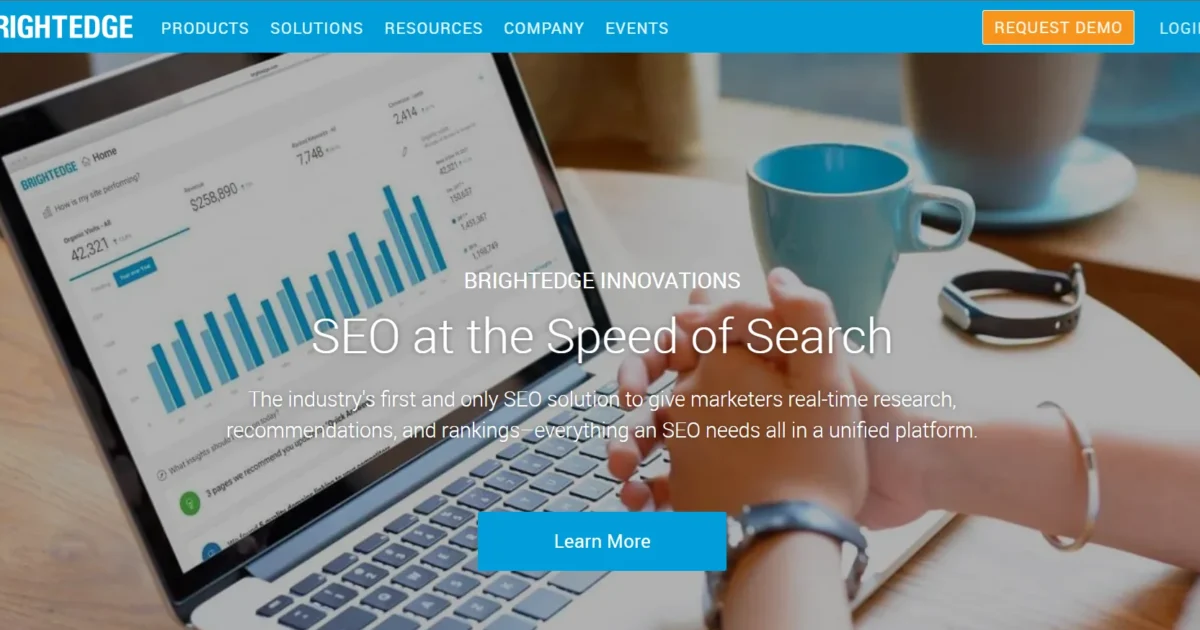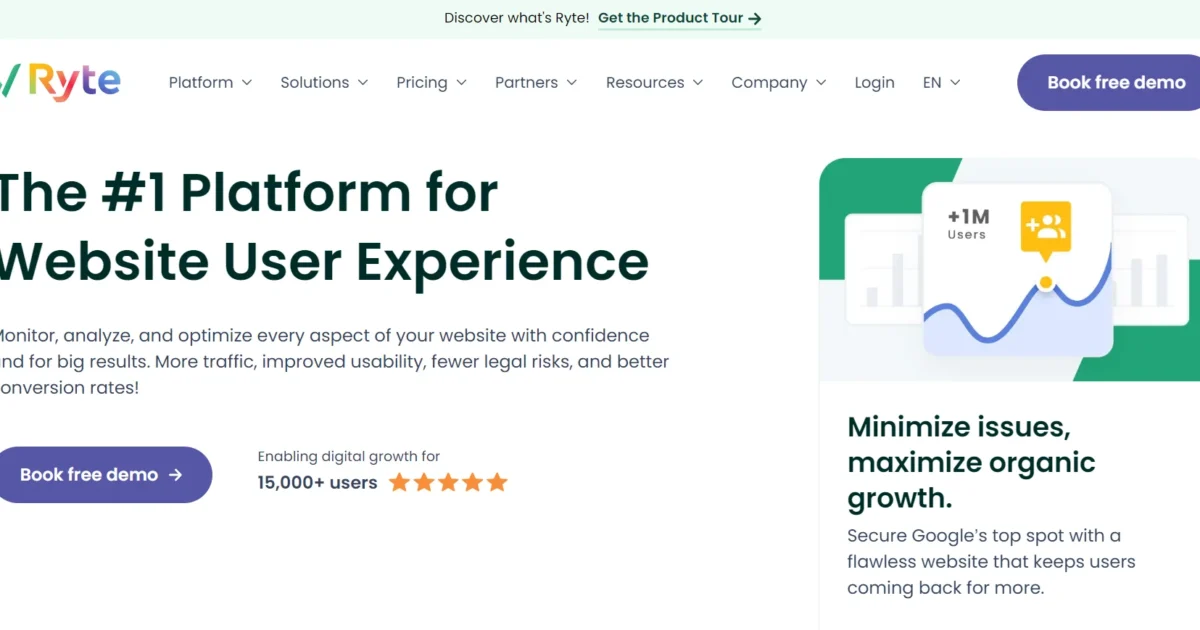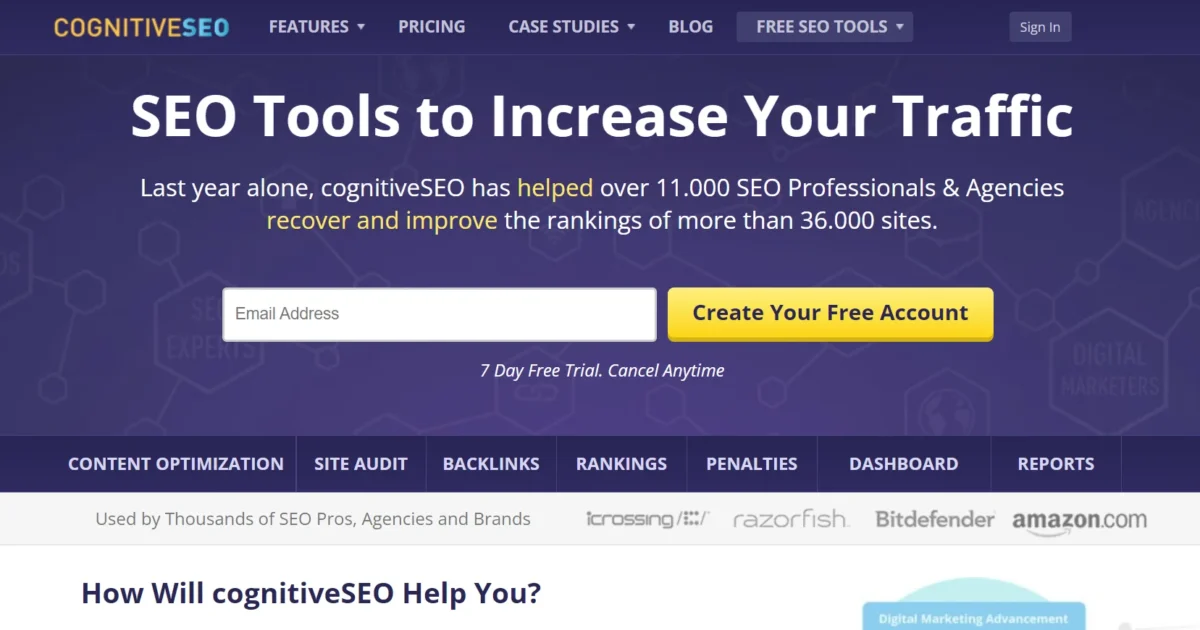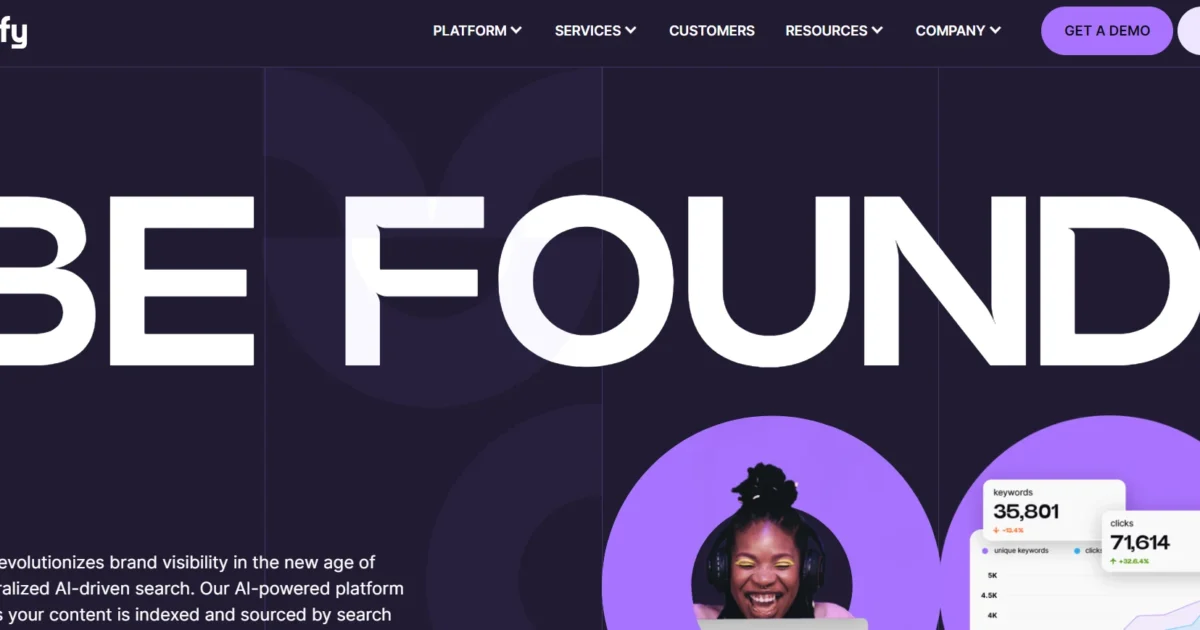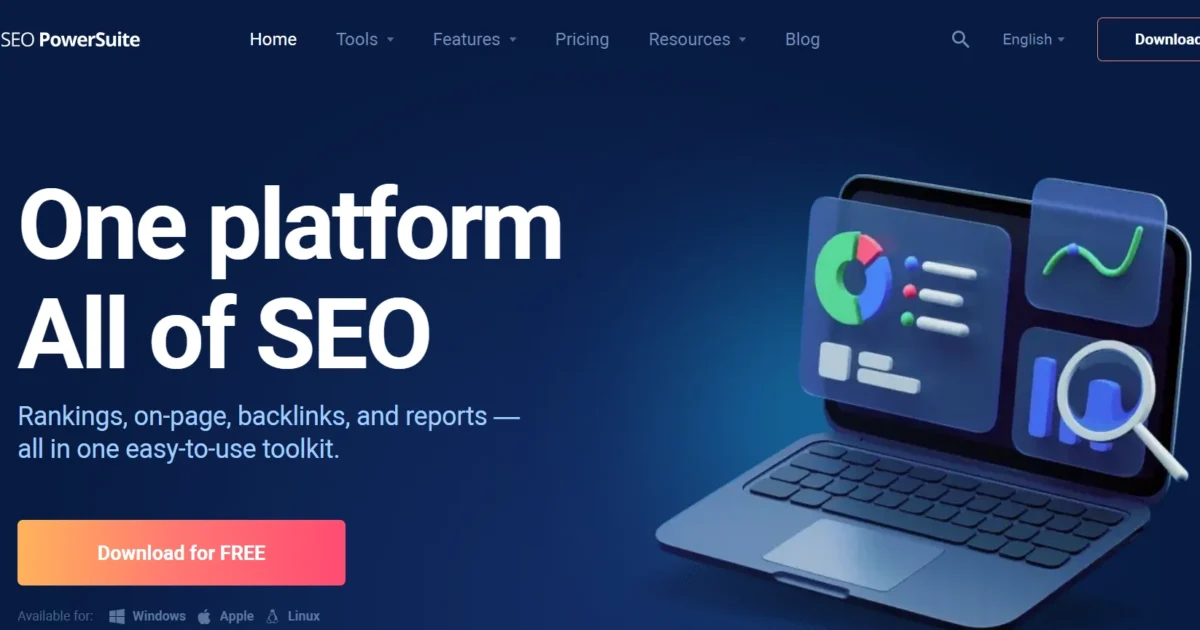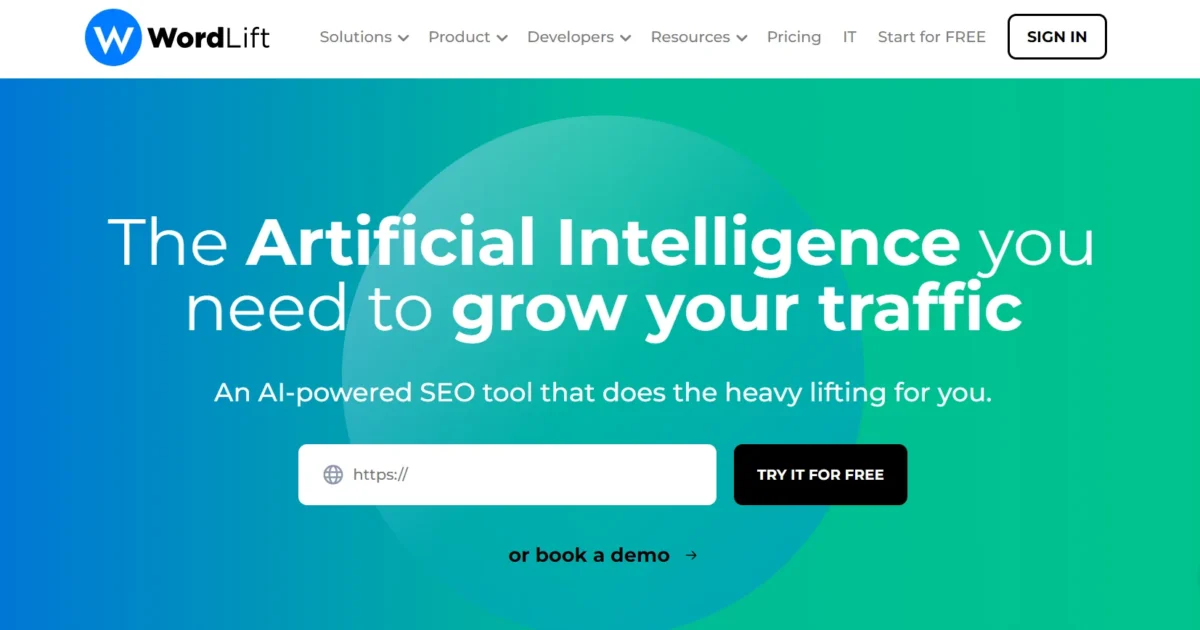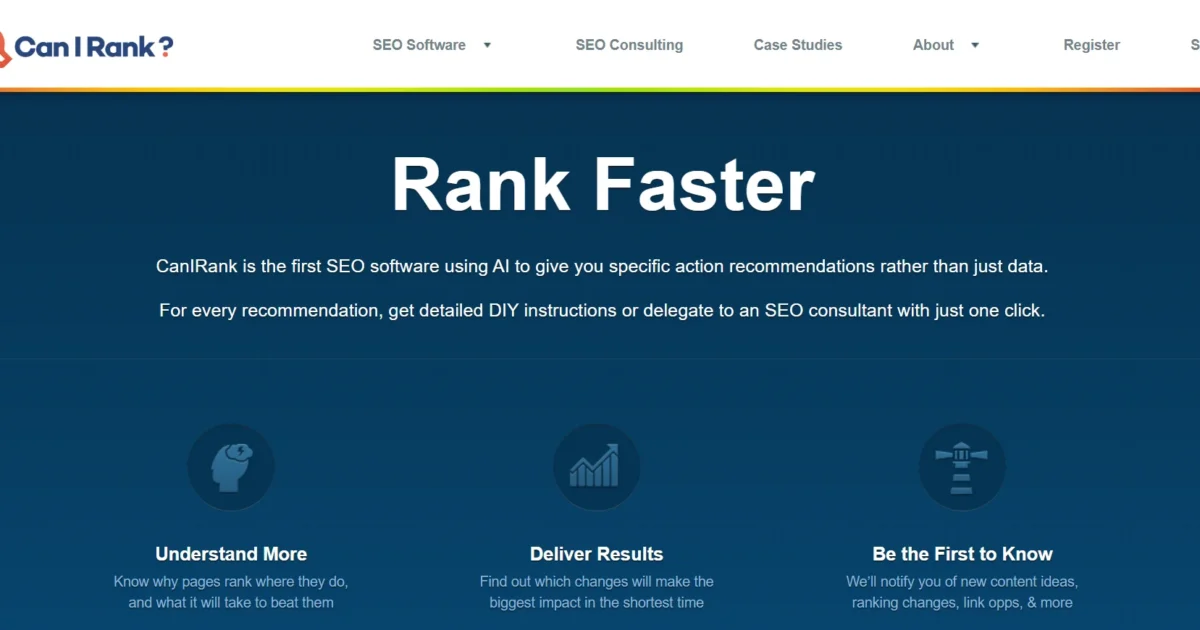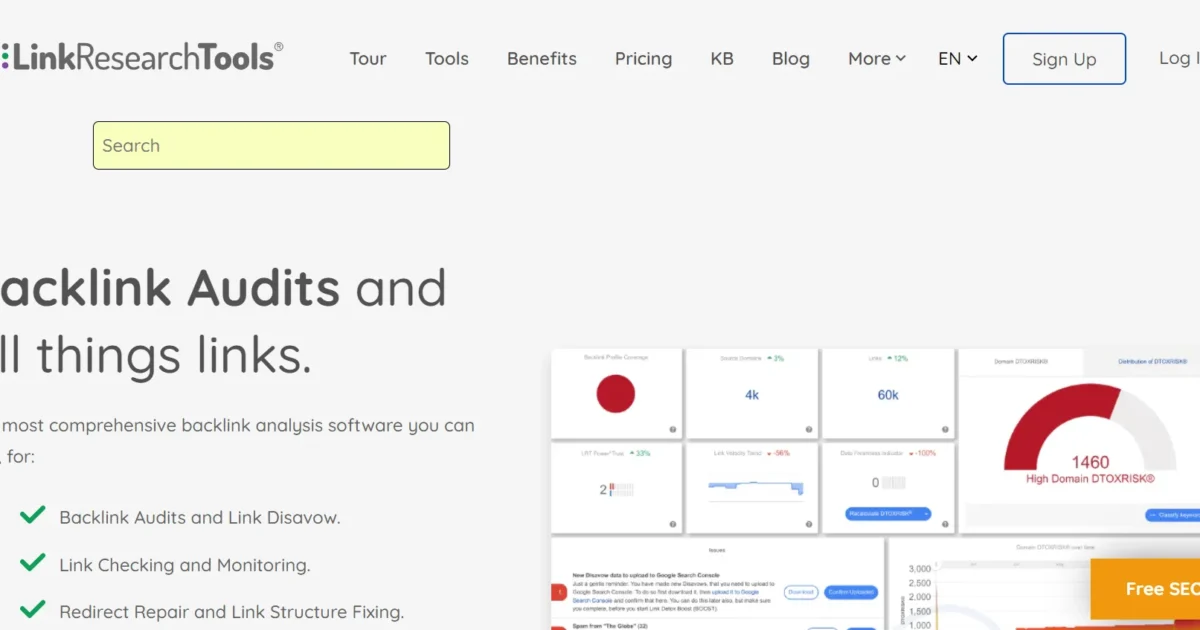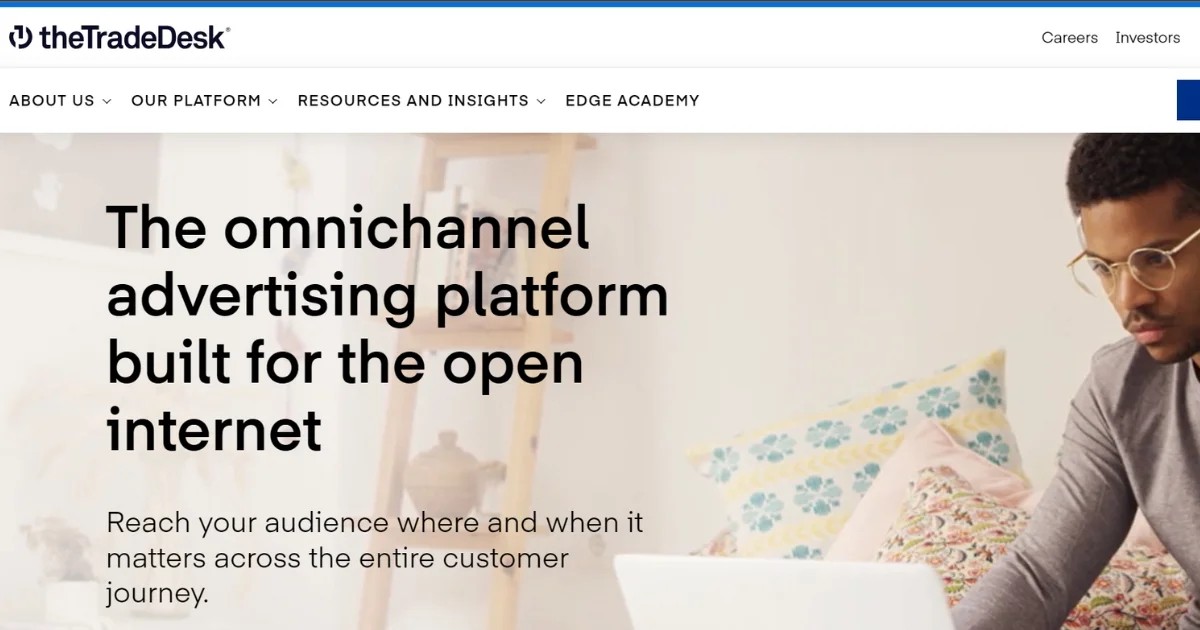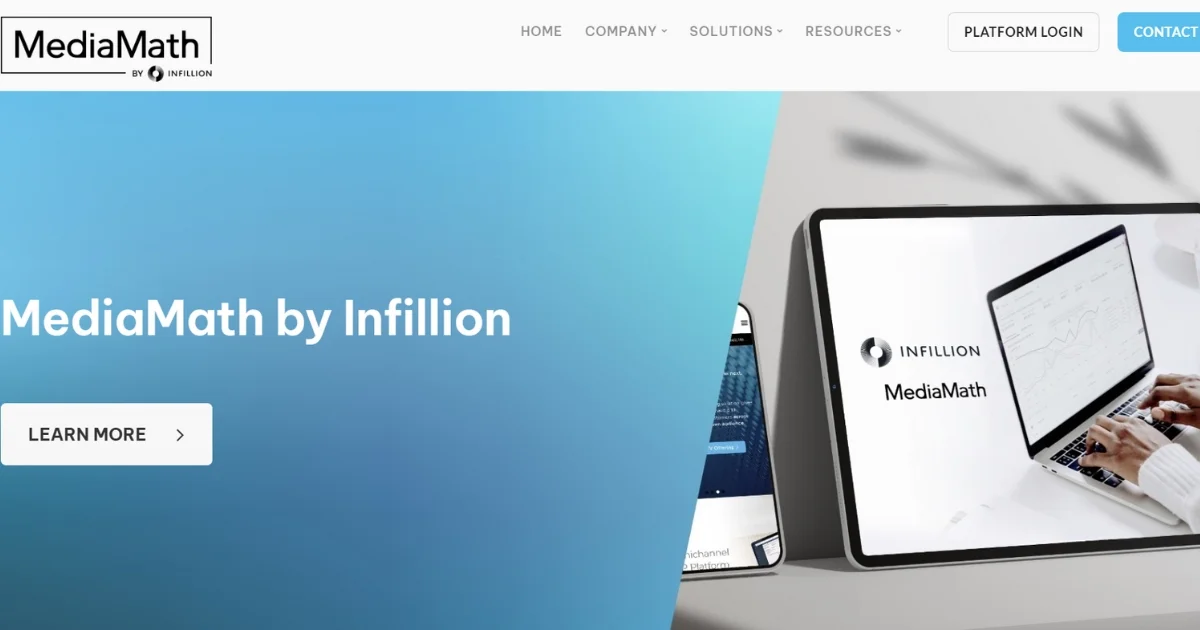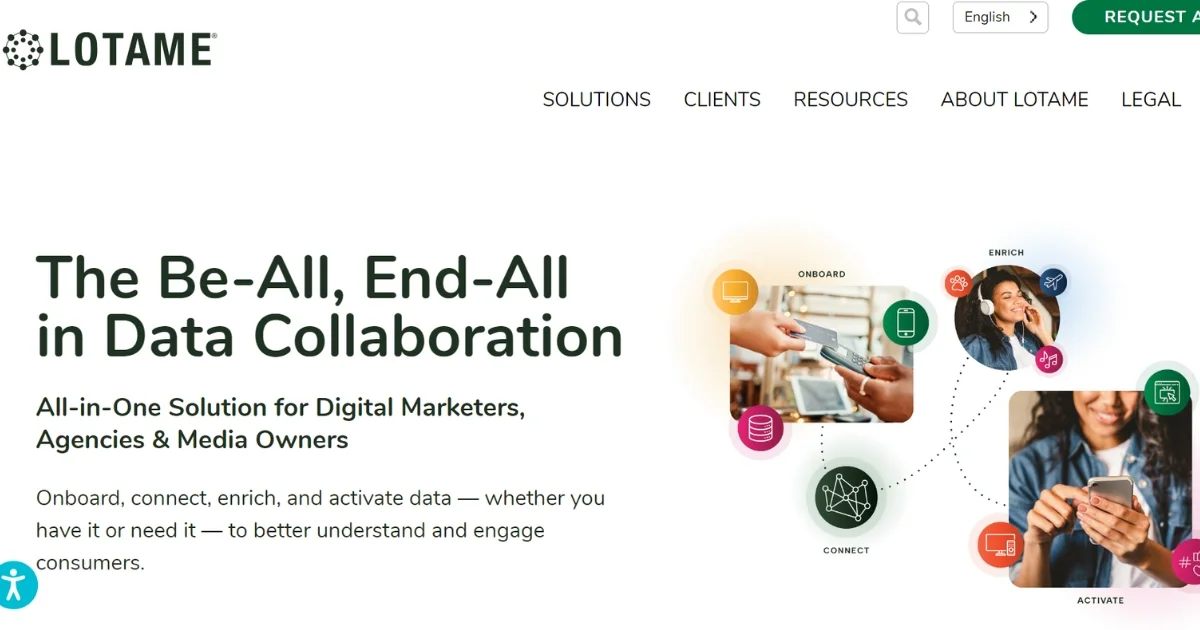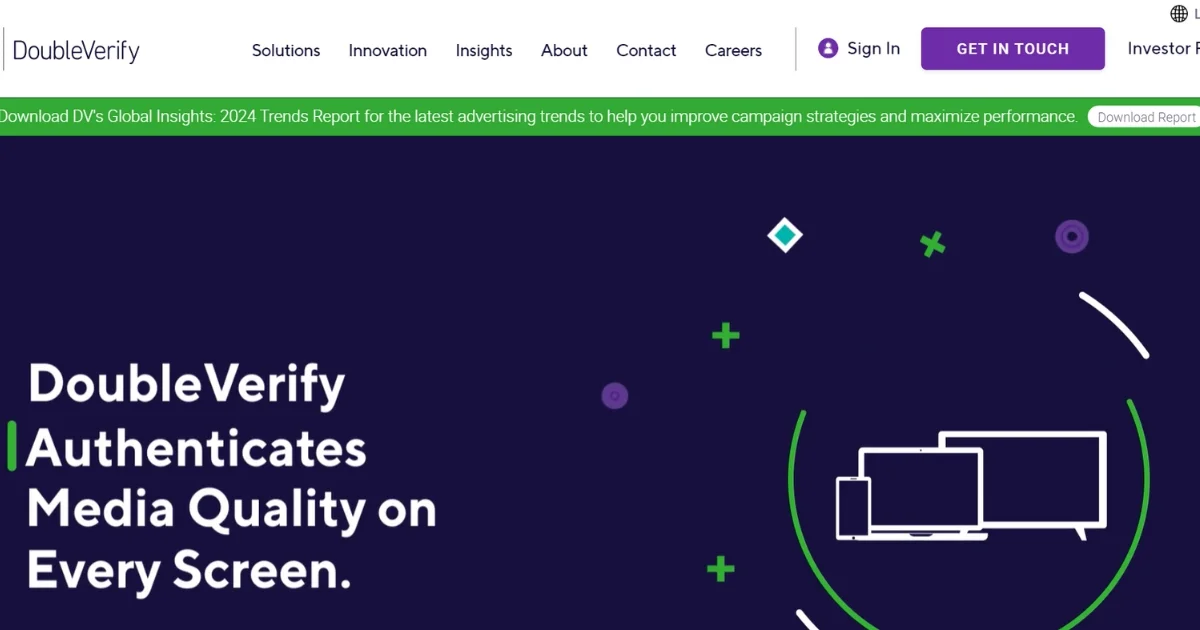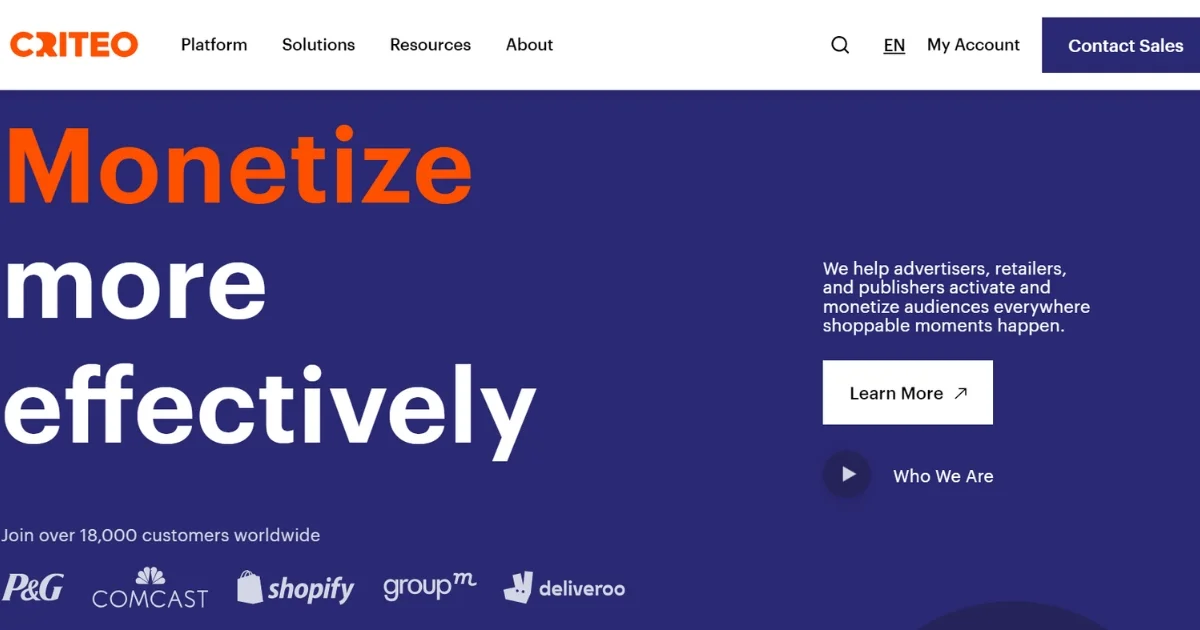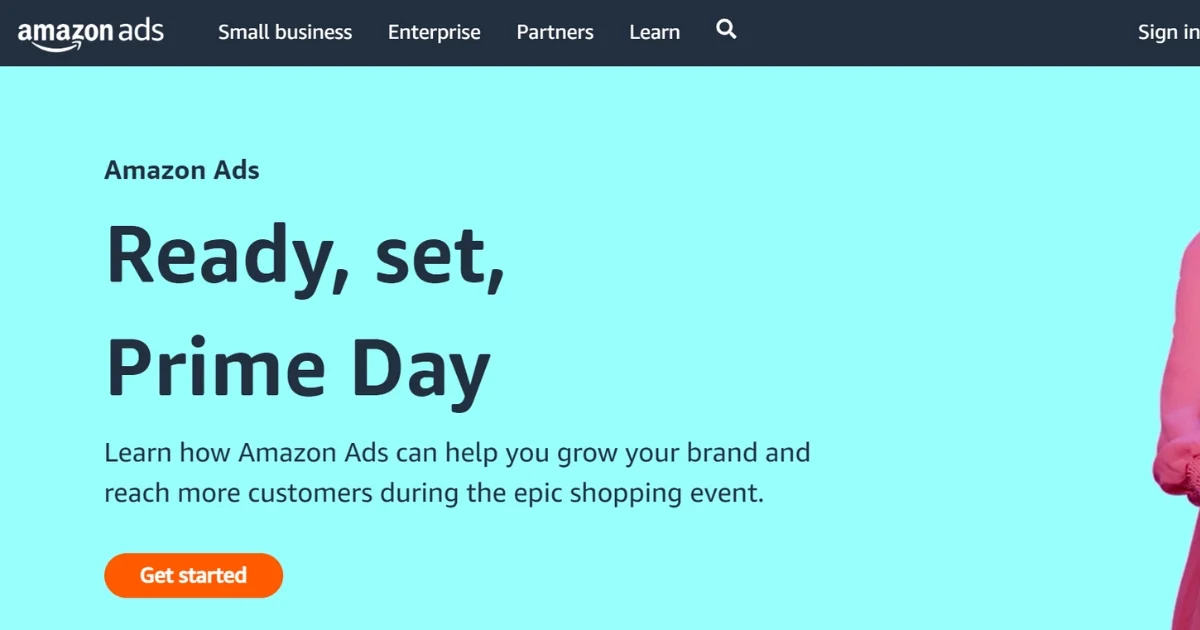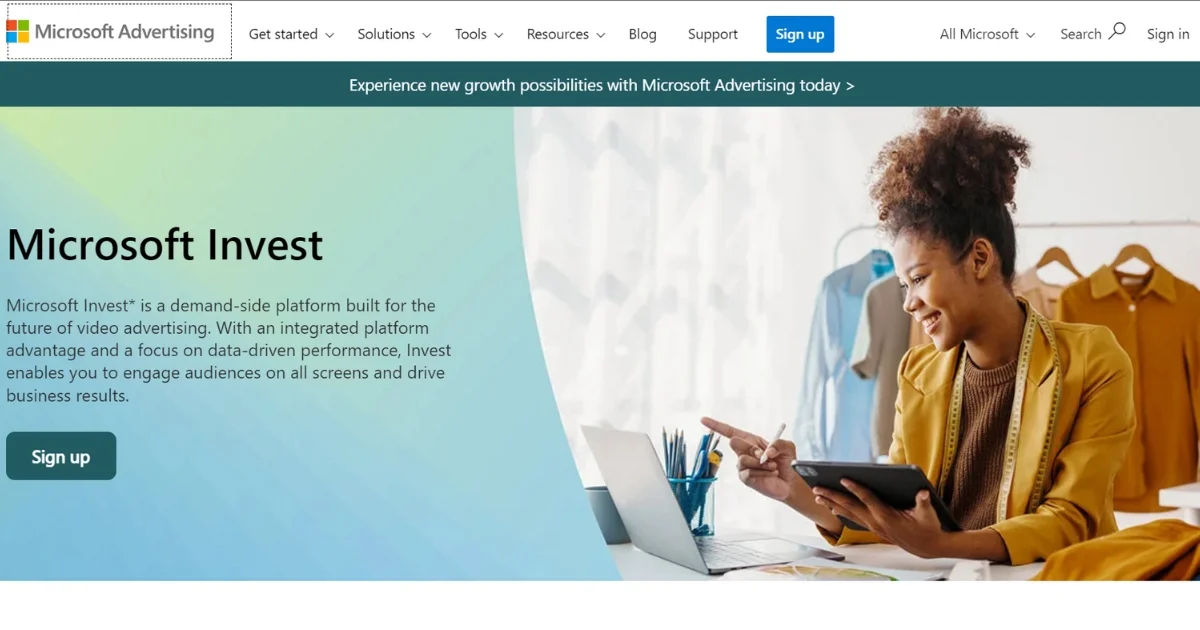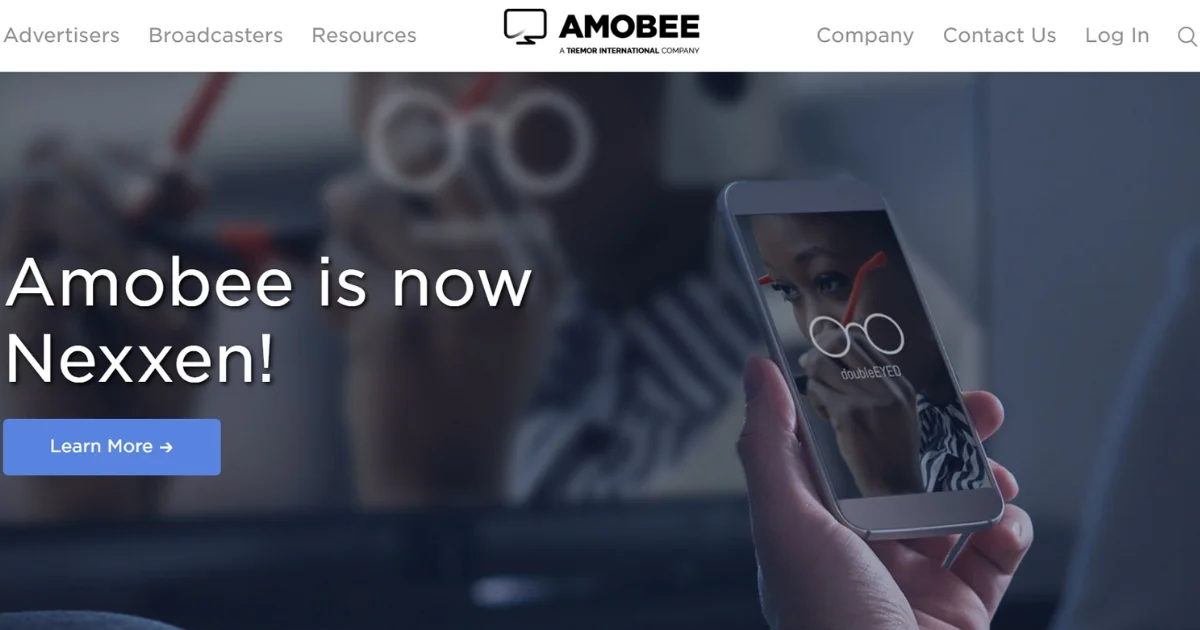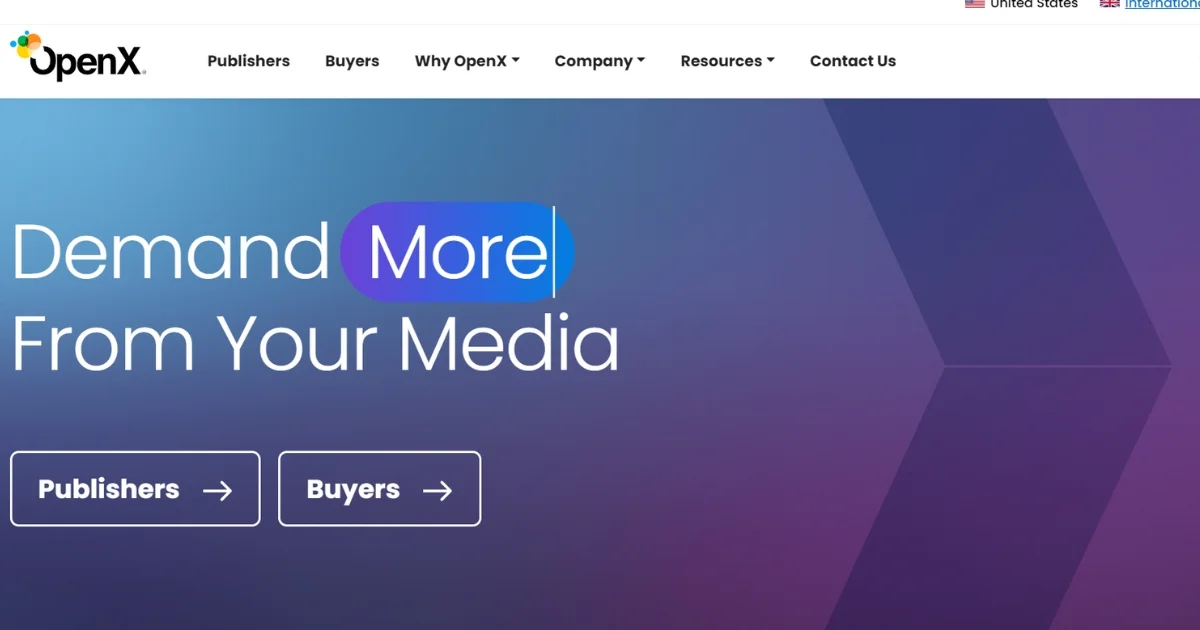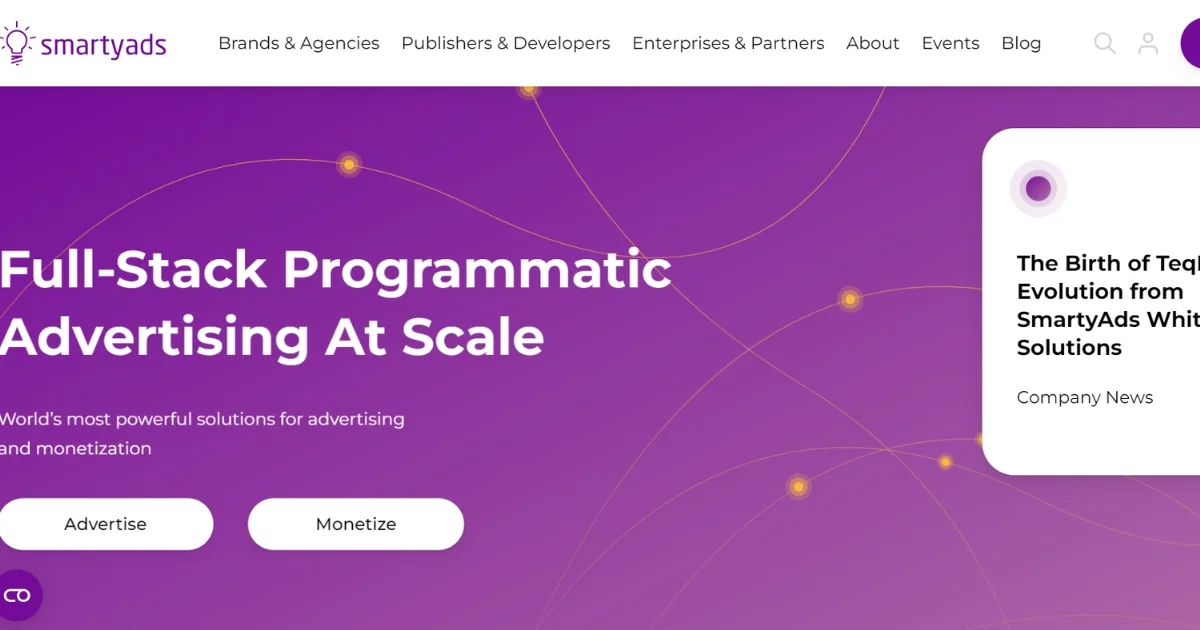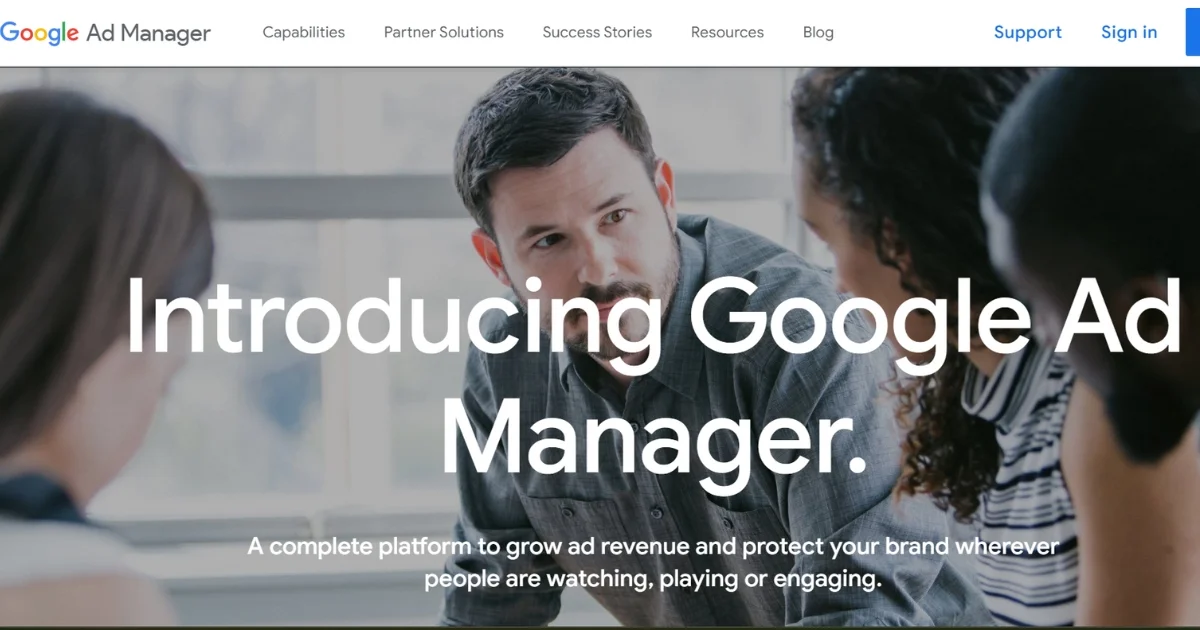Entry Level Digital Marketing Jobs are the backbone of digital marketing strategies for modern businesses. Be it a small startup or a large multinational, with an effective digital marketing strategy, success is easier to come by. Given the growing reliance on online platforms and tools, the demand for skilled digital marketers after getting digital marketing jobs has gone through the roof.
In this field, there are plenty of entry-level positions available in 2024. Fresh graduates, career changers, or even those in a rush to begin with digital marketing—these roles are tailor-made for everyone.

Why Choose Digital Marketing as a Career Option?
Starting a digital marketing career is a promising choice for so many reasons. Entry Level Digital Marketing jobs represent many roles: content creation, data analysis, and endless new challenges and learning. With businesses of every size trying to promote themselves online, the demand for experienced digital marketers is only growing.
An entry-level role offers a chance to learn. However, this specific area lets folks move up too. Quick progress in your career is possible with the right skills and commitment to digital marketing. Now, let us get into the top 10 entry-level digital marketing jobs in 2024.

1. Social Media Coordinator
A social media coordinator is one of the best Entry Level digital marketing jobs that controls a company or team’s profiles on social media. They set up, organize, and schedule posts for Instagram, Facebook, Twitter, and LinkedIn platforms. All this forms the brand’s image, chats with fans, and uses feedback for betterment.
• Skills Needed:-
- Communication Skills: Essential for interacting with followers and team members.
- Writing Skills: Important for crafting compelling posts and responses.
- Creativity: Helps in creating engaging and original content.
- Efficiency and Project Management: Key for handling multiple social media accounts and campaigns.
- Marketing Strategy: Understanding how to align social media efforts with overall marketing goals
• The pay scale for this position ranges roughly from: ₹2,50,000 – ₹4,50,000 per annum
2. SEO Specialist
An SEO expert is also the best Entry Level digital marketing jobs in which Marketer focuses on fine-tuning a website so it ranks higher in search engines like Google. This involves studying popular search terms, enhancing on-site elements, and creating backlinks. Thus, the SEO expert should be comfortable tackling artistic and technical aspects of website enhancement.
• Skills Needed:-
- Understanding of Search Engine Algorithms: Knowledge of how search engines rank websites.
- Critical Thinking: Ability to analyze data and make strategic decisions.
- Project Management: Managing SEO projects from start to finish.
- Research Skills: Identifying and implementing effective SEO strategies.
- Data Management: Handling and interpreting SEO-related data.
• The pay scale for this position ranges roughly from: ₹3,00,000 – ₹5,00,000 per annum
3. Content Marketing Assistant
Content Marketing Assistants are another of the best entry level digital marketing jobs which are crucial in making and sharing varied content like blogs, articles, videos, and podcasts. They make sure the content grabs attention, ranks well in search results, and connects with the intended audience. This job lets people sharpen their writing and editing talents. Plus, they learn how to captivate readers and viewers.
• Skills Needed:-
- Content Creation Skills: Ability to produce engaging content.
- Editing Skills: Ensuring content is error-free and polished.
- Understanding of Sales Funnels: Crafting content that guides customers through buying.
- Planning Skills: Organizing content schedules and strategies.
- Research Skills: Researching to support content development.
• The pay scale for this position ranges roughly from: ₹2,80,000 – ₹4,80,000 per annum
4. Email Marketing Coordinator
Email Marketing Coordinators bind the strands of email campaigns together. They work hard to keep their clients hooked and loyal. Newsletters get published, and special offers are revealed along with other tasks. These responsibilities include designing an appealing email layout, penning the message, and then checking out the results. Their success banks on understanding their customers’ preferences and behaviors.
• Skills Needed:-
- Critical Thinking and Analysis: Evaluating the effectiveness of email campaigns.
- Technical Expertise: Knowledge of email marketing tools and platforms.
- Copywriting Skills: Crafting persuasive email content.
- List Segmentation: Targeting different customer segments with tailored messages.
•The pay scale for this position ranges roughly from: ₹2,40,000 to ₹4,20,000 yearly.
5. Digital Marketing Analyst
Digital Marketing Analysts collect data, presenting findings on the results of online campaigns. Tools like Google Analytics, and social media evaluations come into play, they measure metrics like website traffic, engagement, and achieve goals. If you love exploring numbers and trends, this one of the best entry level digital marketing jobs could suit you perfectly.
• Skills Needed:-
- Analytical Thinking: Ability to analyze data and trends.
- Excellent Communication: Presenting findings clearly to stakeholders.
- Numerical Skills: Handling and interpreting complex data.
- Marketing Knowledge: Understanding how digital marketing strategies work.
- Strategic Approach: Developing data-driven marketing strategies.
• The pay scale for this position ranges roughly from: ₹3,20,000 – ₹5,50,000 per annum
6. PPC Assistant
An assistant specializing in PPC (Pay-Per-Click) assists in overseeing paid internet ads on sites such as Google Ads or Facebook Ads. Their tasks involve establishing ads, watching over performance, and tweaking bids to boost return on investment (ROI). This one of the best entry level digital marketing jobs suits someone with a pronounced enthusiasm for advertising and analytics.
• Skills Needed:-
- Communication Skills: Articulating ad strategies and results.
- Sales Skills: Persuading customers through ad content.
- E-commerce Knowledge: Understanding online sales dynamics.
- Analytical Skills: Monitoring and optimizing ad performance.
- Creativity: Developing effective and engaging ad content.
•The pay scale for this position ranges roughly from: ₹3,00,000 – ₹5,00,000 per annum
7. Influencer Marketing Coordinator
Influencer Marketing Coordinators are the bridge between companies and influencers. They find the right influencers for brands. Then they talk about contracts and run promotional campaigns. It’s like a mixer of public relations and marketing, great for those who love making connections and spotting trends.
• Skills Needed:-
- Written Communication: Drafting and managing influencer contracts and campaigns.
- Time Management: Balancing multiple influencer partnerships.
- Tech Savvy: Using digital tools for campaign management.
- Analytical Skills: Evaluating the effectiveness of influencer campaigns.
- Organization: Coordinating various aspects of influencer marketing.
• The pay scale for this position ranges roughly from: ₹2,50,000 – ₹4,50,000 per annum
8. Marketing Automation Assistant
Marketing Automation Helpers make marketing chores easier by employing applications such as HubSpot, Marketo, or Mailchimp. They kick-start automatic email systems, sort customers into groups, and create lead scoring methods. This one of the best entry level digital marketing jobs suits those who love working with tech and boosting efficiency.
• Skills Needed:-
- Marketing Knowledge: Understanding marketing principles and strategies.
- Automation Tools Mastery: Proficiency with marketing automation platforms.
- Project Management: Handling automation projects and workflows.
- Analytics and Insights: Tracking and interpreting automation results.
- Data Integration Skills: Integrating and managing customer data.
• The pay scale for this position ranges roughly from: ₹3,00,000 – ₹5,00,000 per annum
9. E-commerce Specialist
Specialists in the field of online store management operate web shops on platforms like Shopify or WooCommerce. Their duties include renewing product listings, enhancing the customer’s shopping journey, and boosting sales using effective promotional strategies. This one of the best entry level digital marketing jobs is suitable for individuals who find joy in integrating marketing into daily chores.
• Skills Needed:-
- Communication Skills: Interacting with customers and team members.
- Analytical Skills: Analyzing sales data and customer feedback.
- Team-Building Skills: Collaborating with other departments.
- Problem-Solving Skills: Addressing e-commerce challenges and opportunities.
• The pay scale for this position ranges roughly from: ₹3,00,000 – ₹5,00,000 per annum
10. Web Content Specialist
Website Content Specialists have the responsibility of creating and managing engaging site content. They aim to coordinate content with SEO tactics, brand voice, and the needs of the customer. This one of the best entry level digital marketing jobs needs a blending of creative and technological skills, like understanding content management systems, or CMS, like WordPress.
• Skills Needed:-
- Strong Writing Ability: Crafting compelling and clear content.
- Research Techniques: Researching to inform content creation.
- SEO Writing: Optimizing content for search engines.
- Social Media Writing: Adapting content for different platforms.
- Proofreading and Editing: Ensuring content quality and accuracy.
• The pay scale for this position ranges roughly from: ₹2,80,000 – ₹4,80,000 per annum
Also Read- Top 8 Influencer Marketing Platforms

Conclusion
Dipping your toe into Entry Level digital marketing jobs in 2024 is like entering a room filled with doors. Every door connects to a unique job mentioned here. Just gives a glimpse of many starting jobs in this field. Maybe you’re captivated by social media, enjoy making content, have a passion for SEO, or love analyzing data – your enthusiasm shapes your job role They each offer valuable insights and mini-goals for your development in digital marketing.
With firms moving towards a higher online presence, there’s expected to be a jump in demand for skilled digital marketers. Snagging an initial role gives you the platform to gain valuable experience that’s essential for your career journey. Grab these learning chances and you’re on your way to a rewarding digital marketing career. Entry Level digital Marketing jobs are always good to gain experience and explore the business world.


